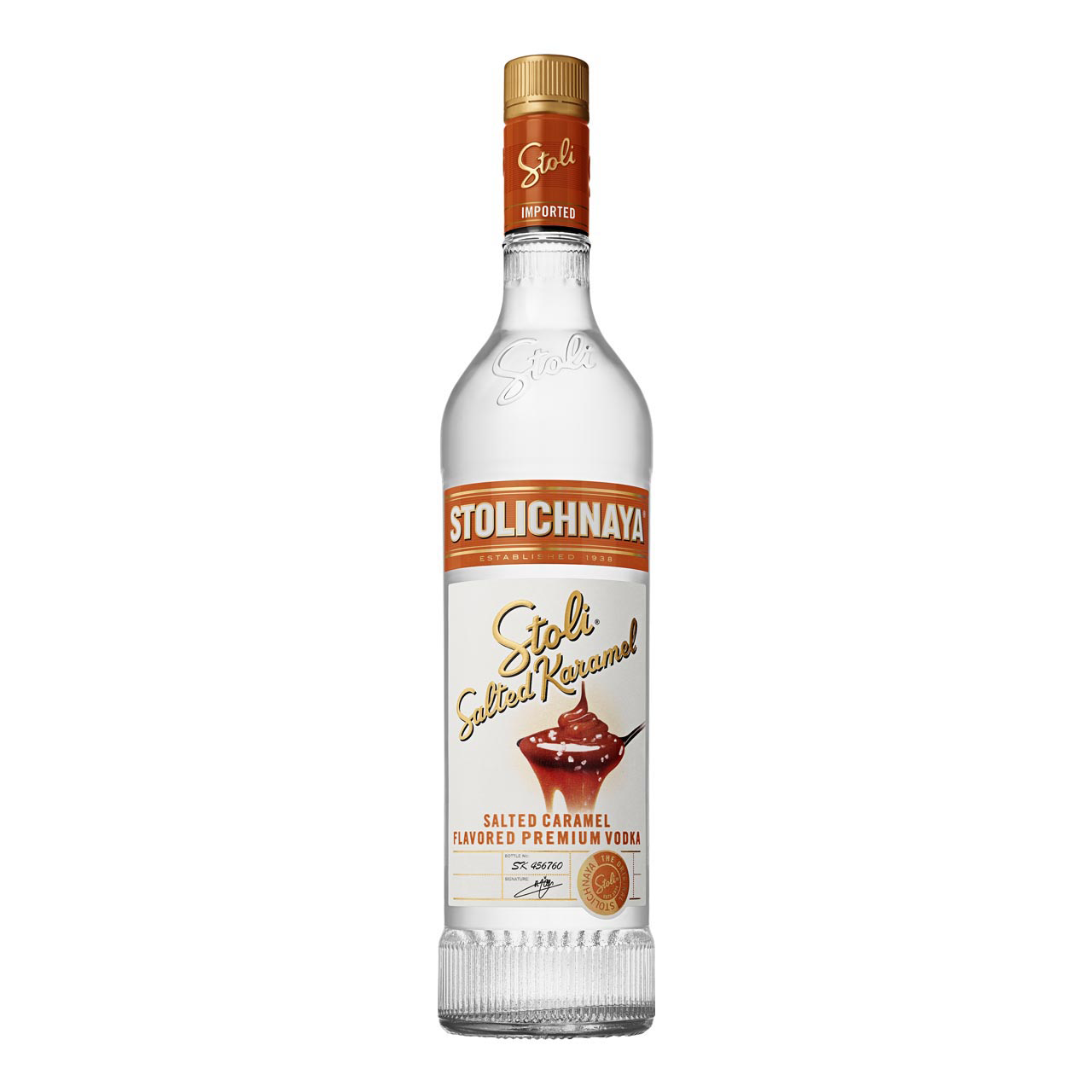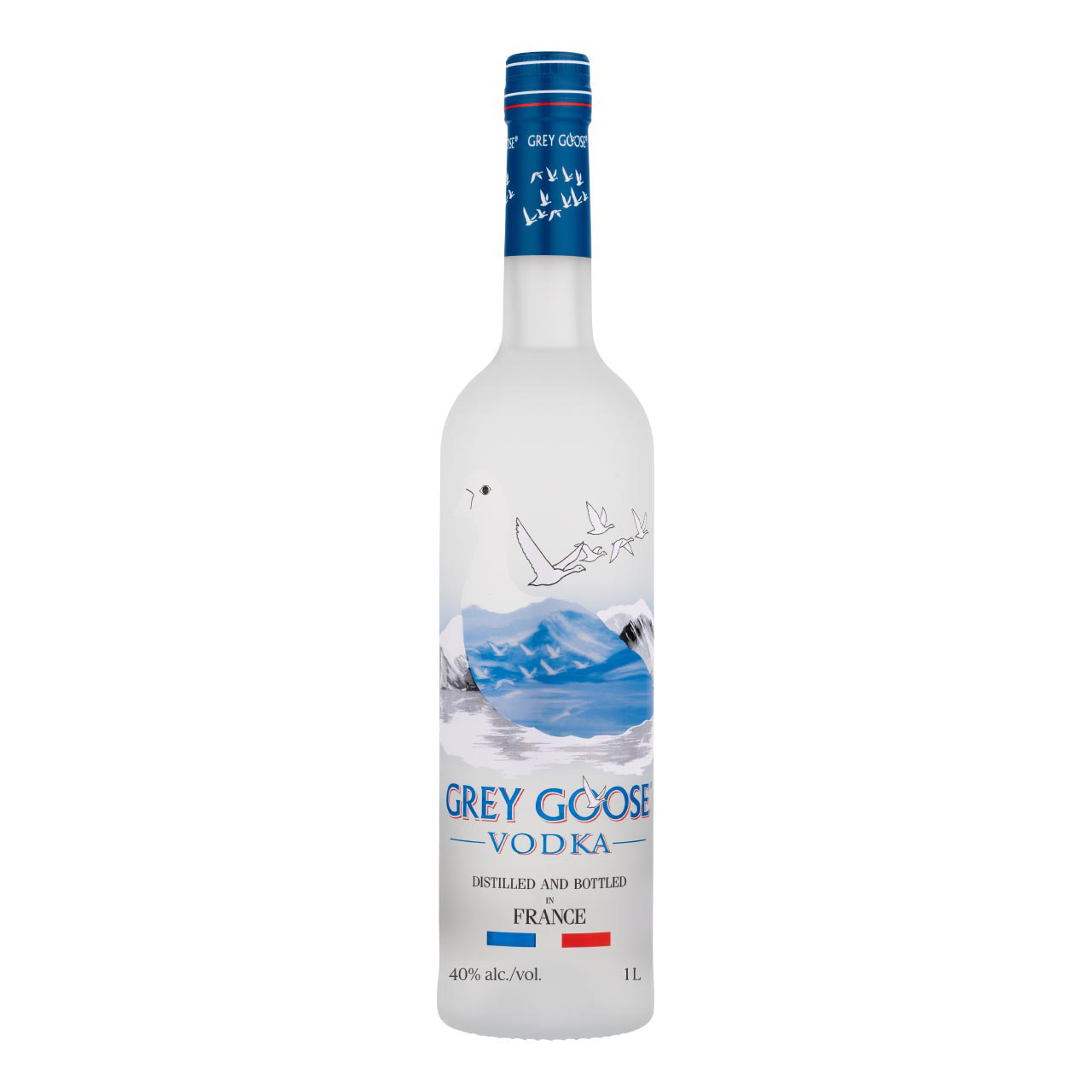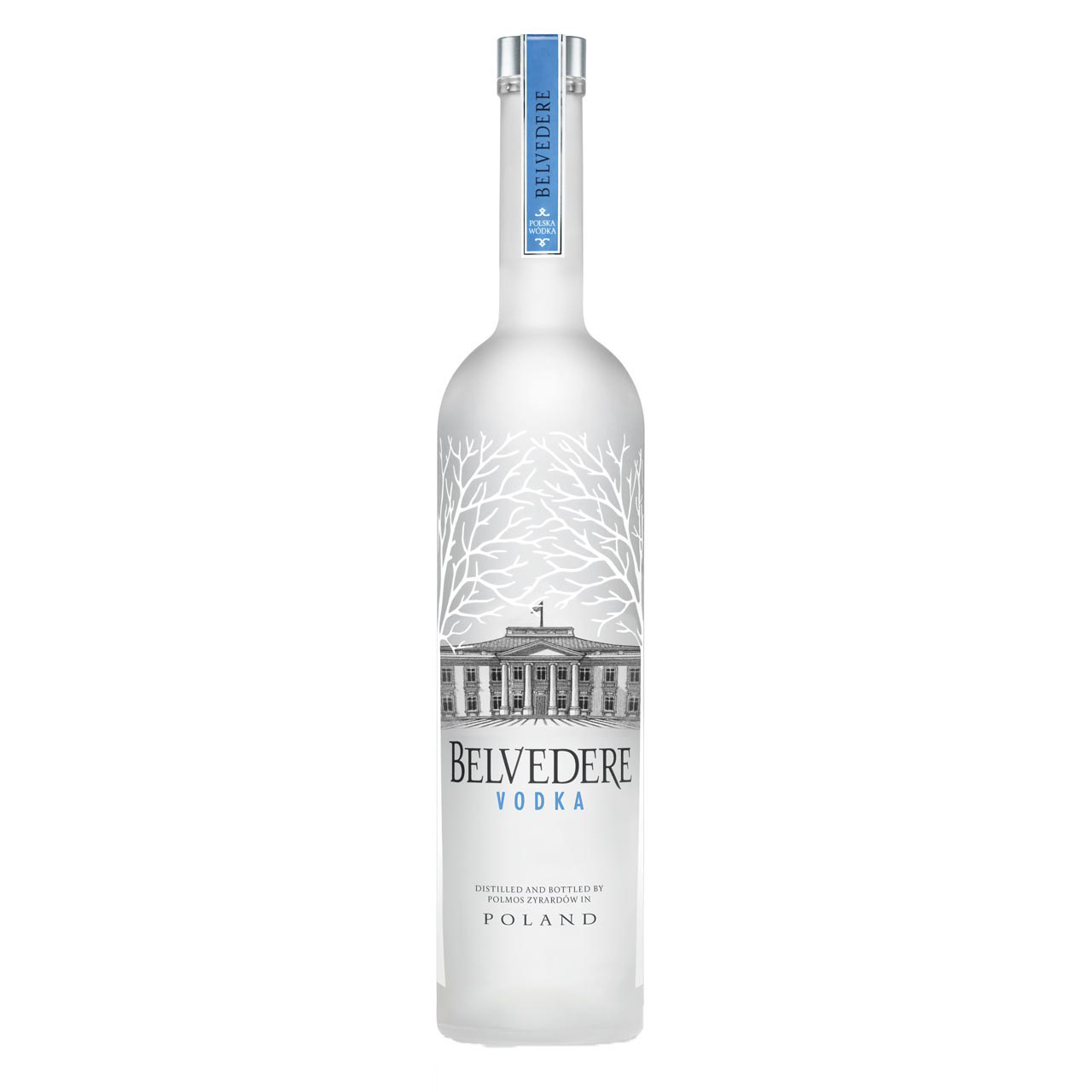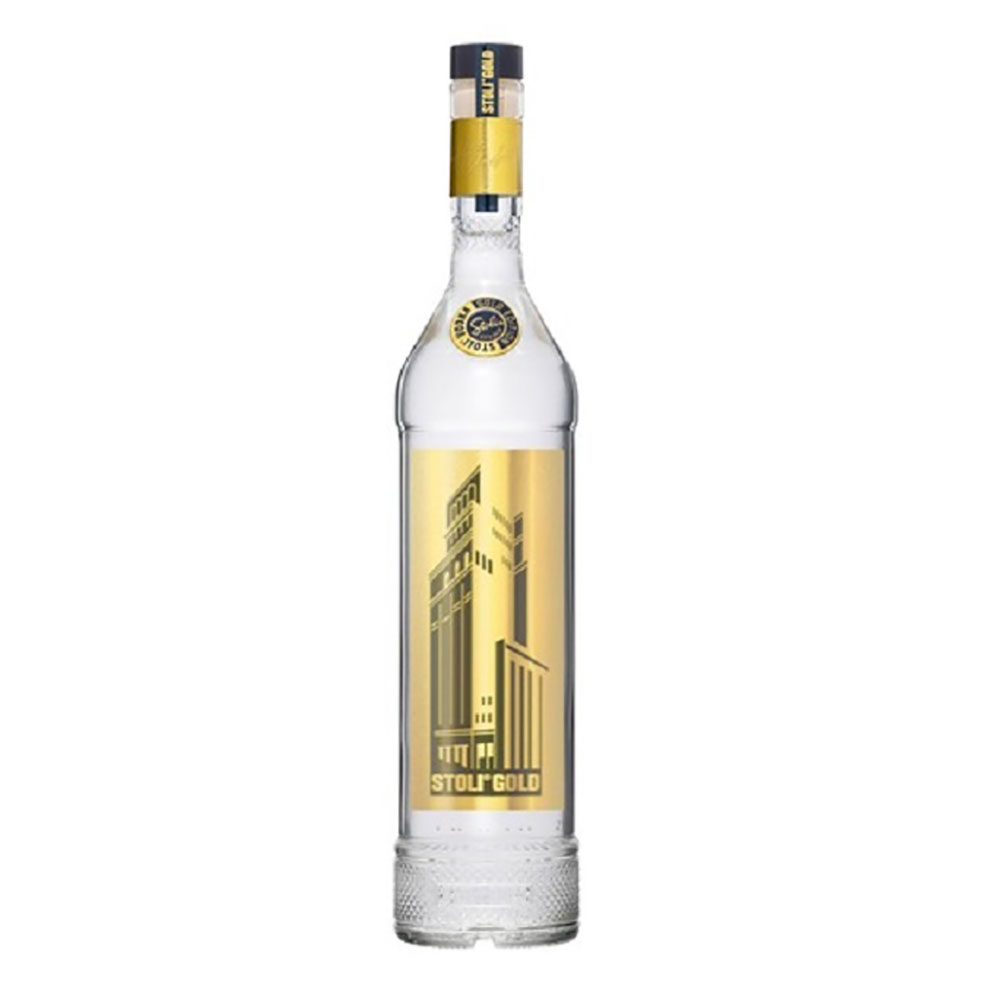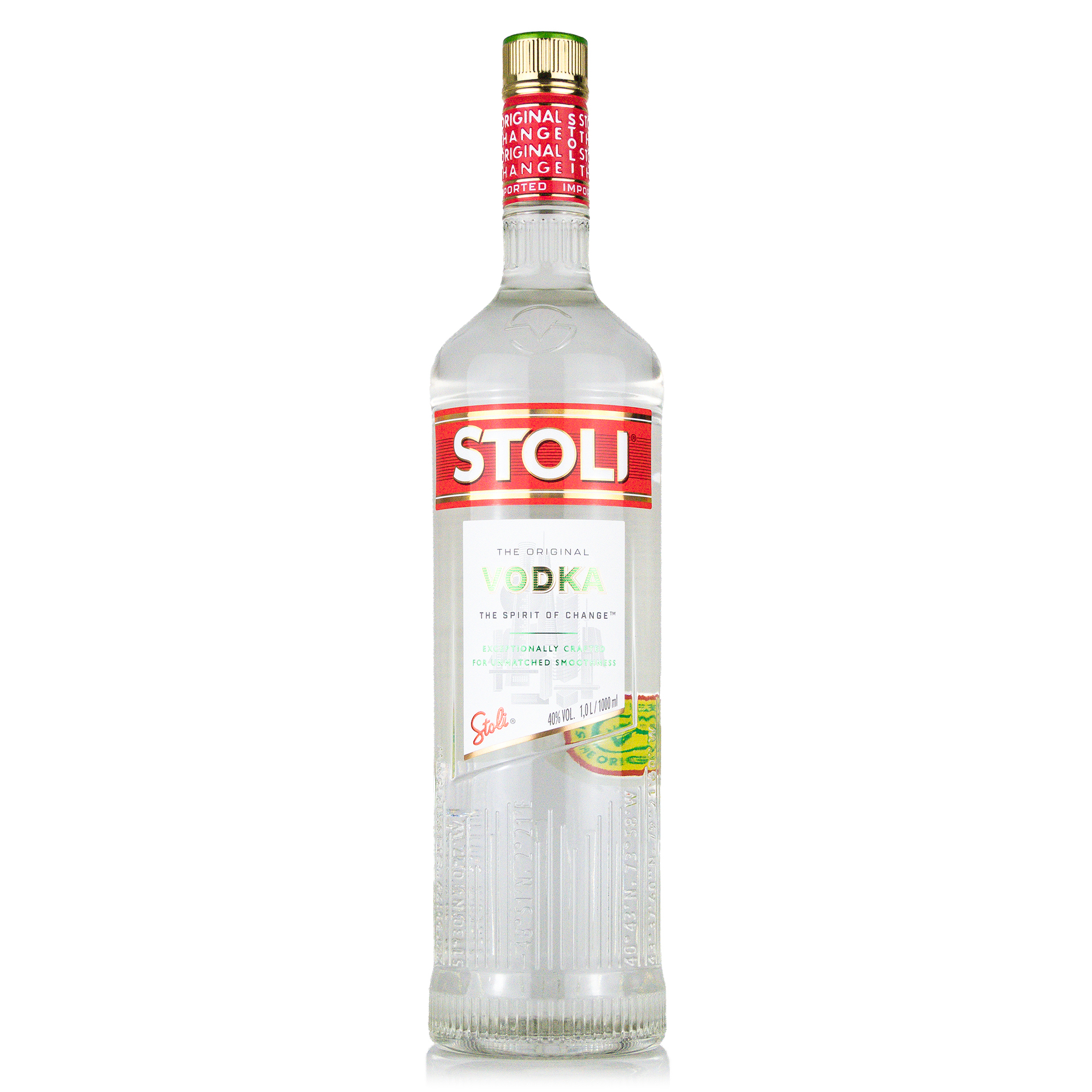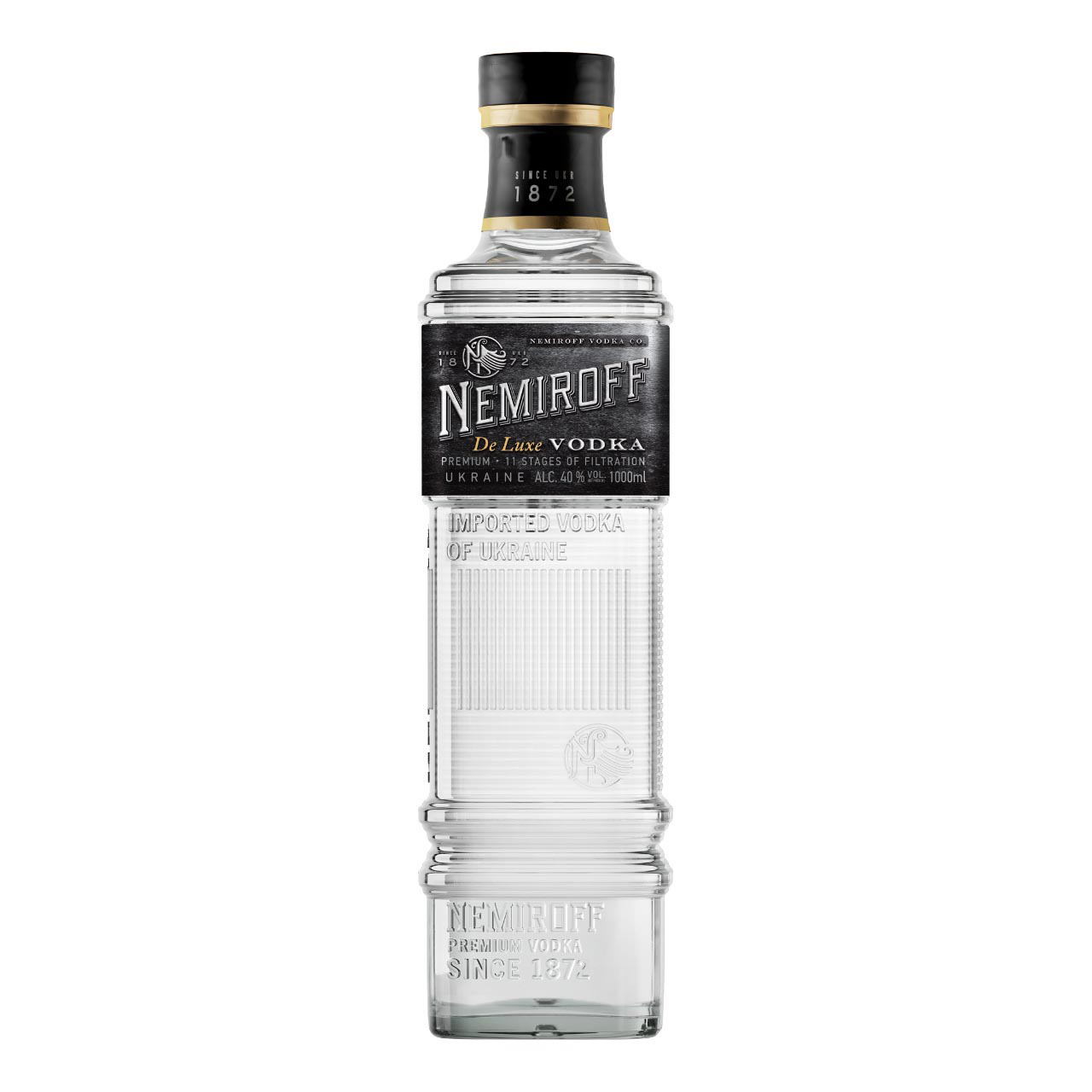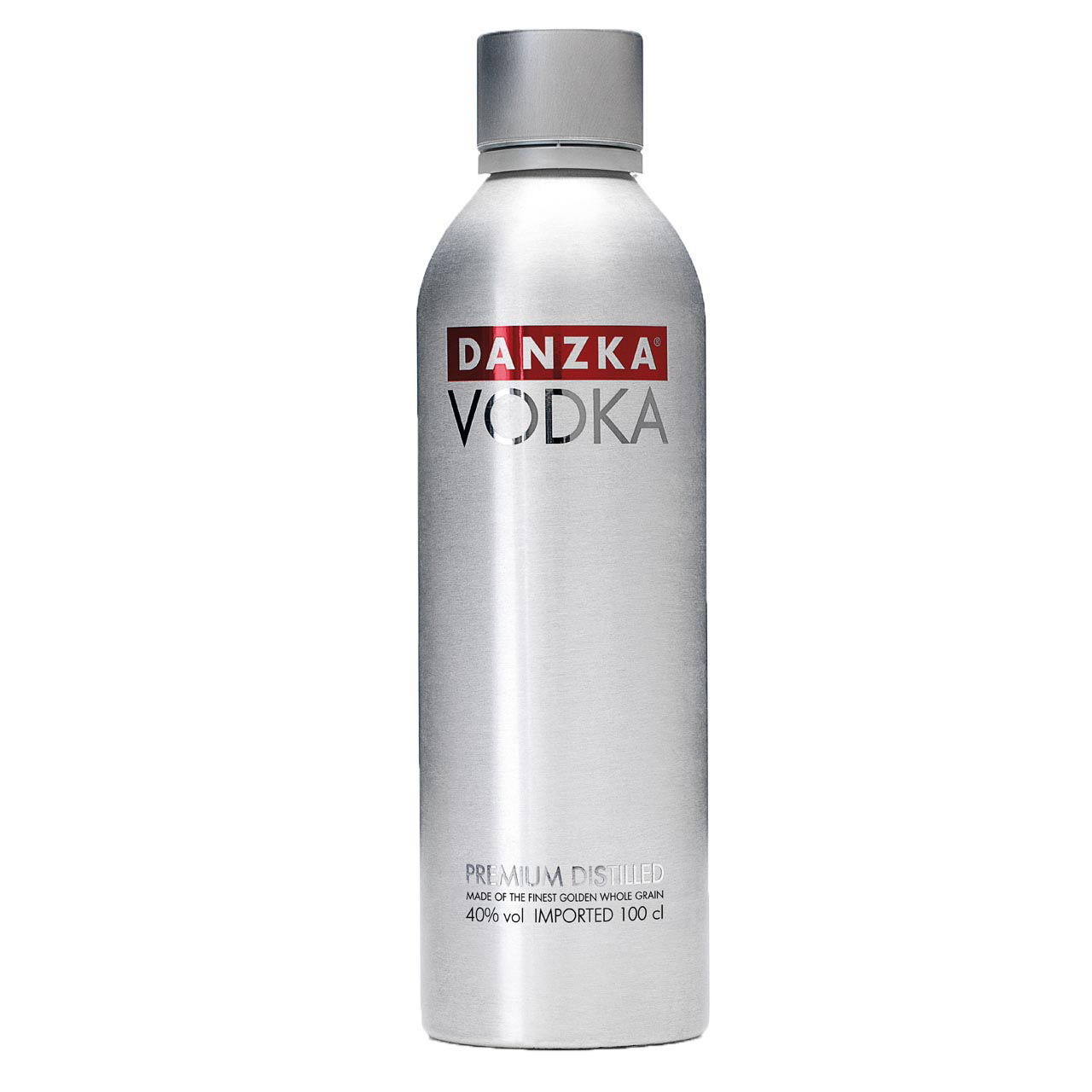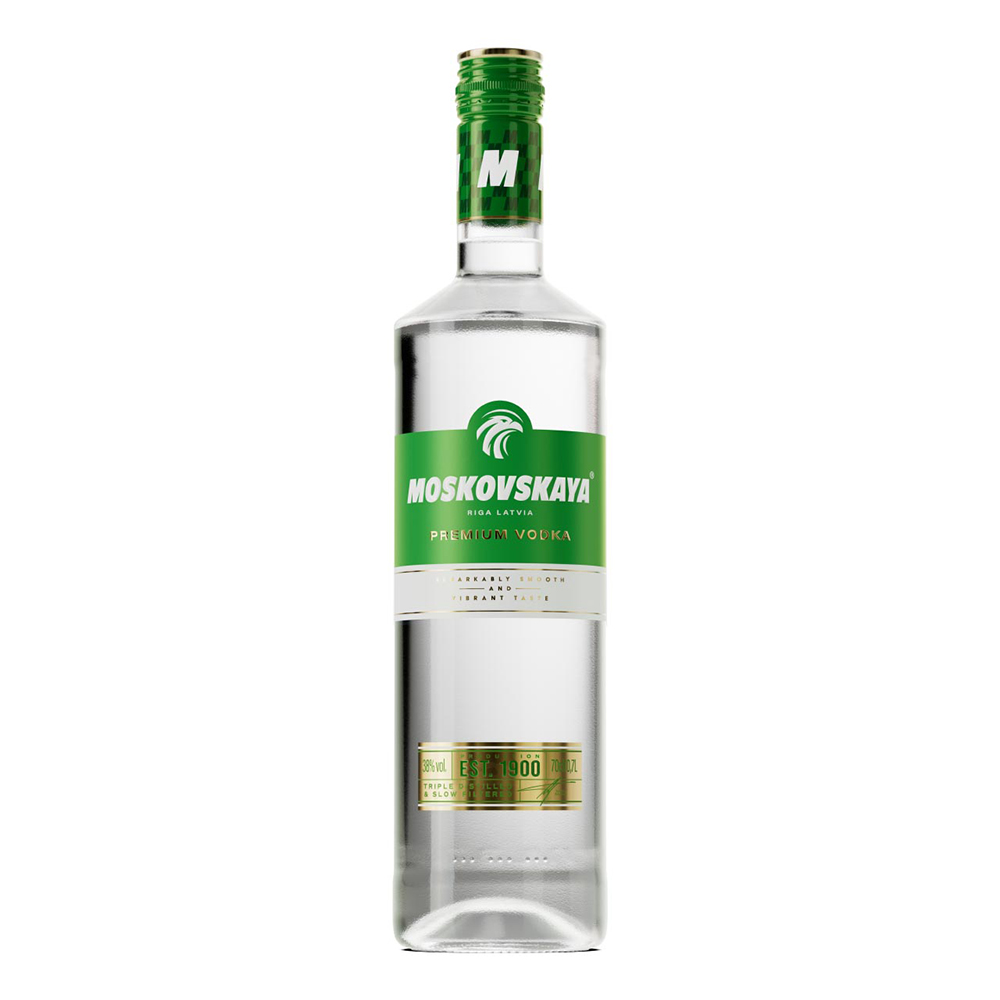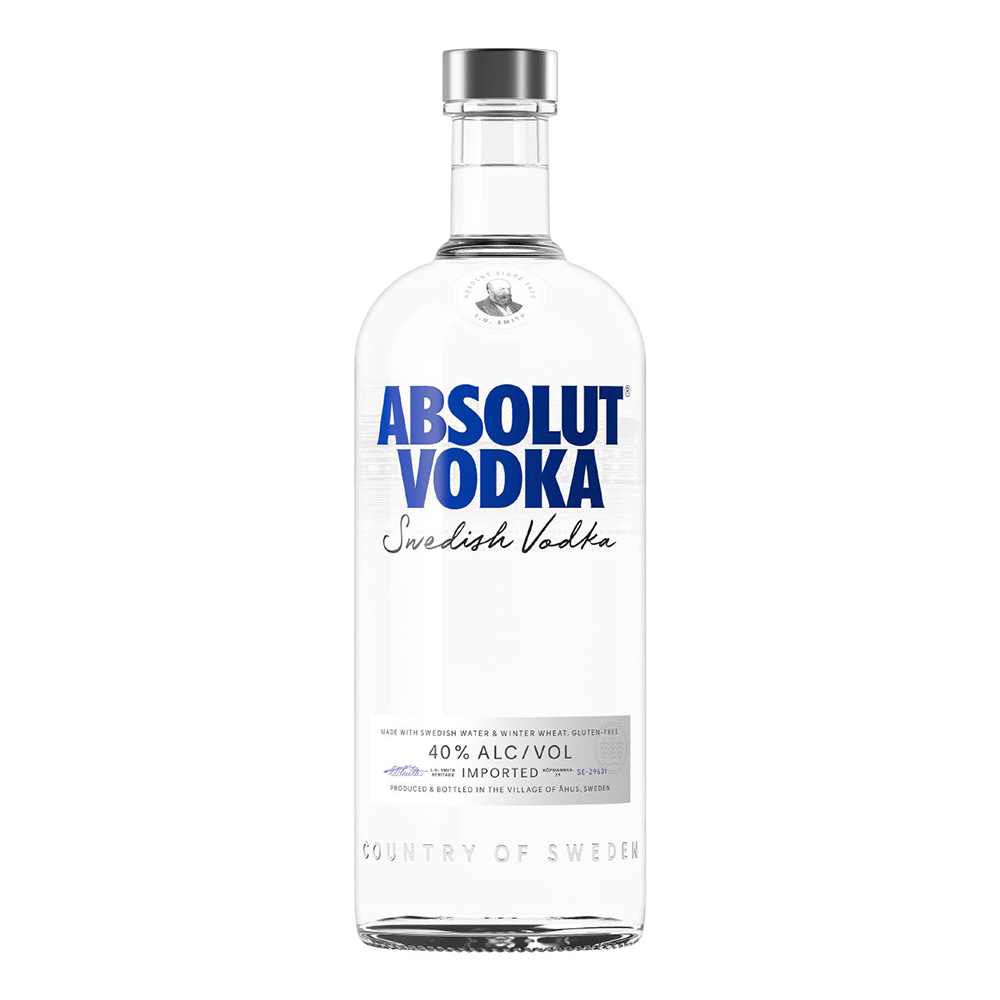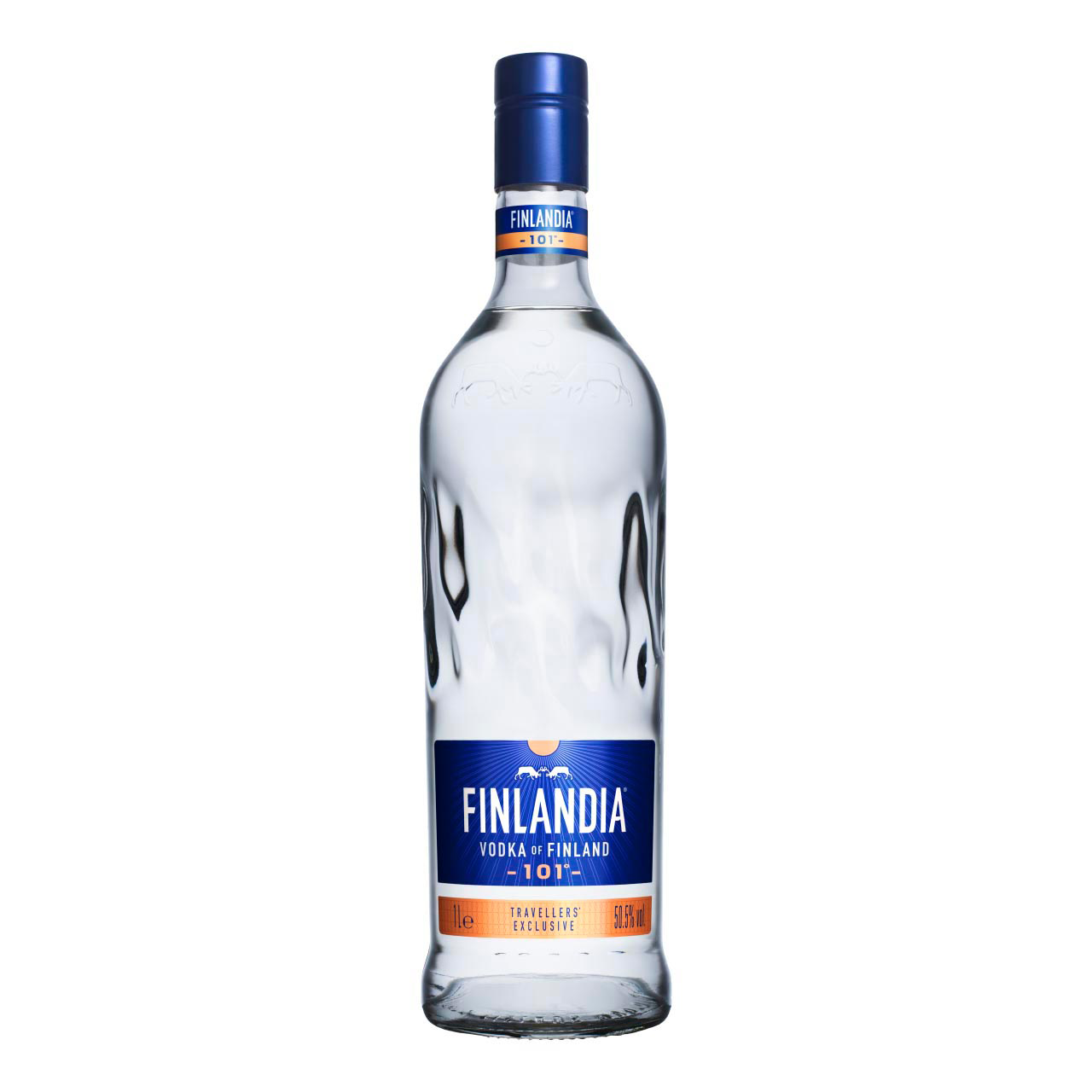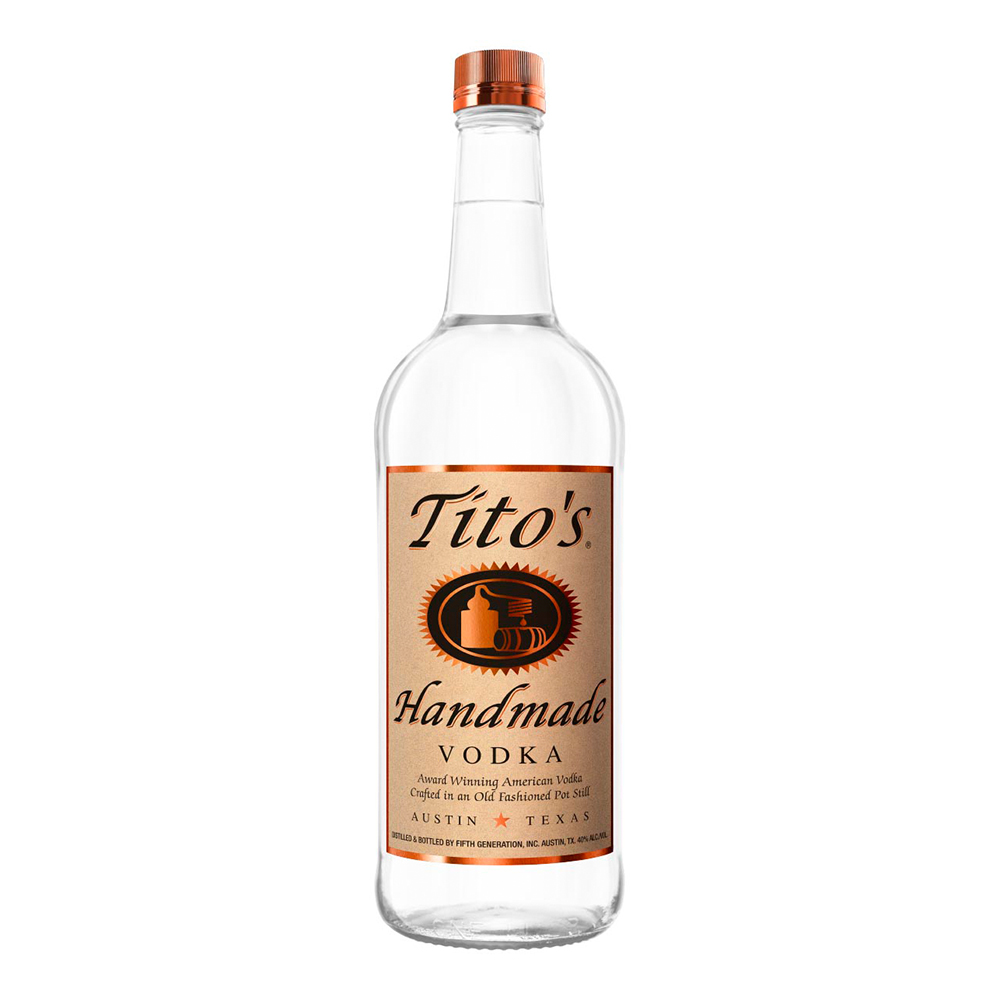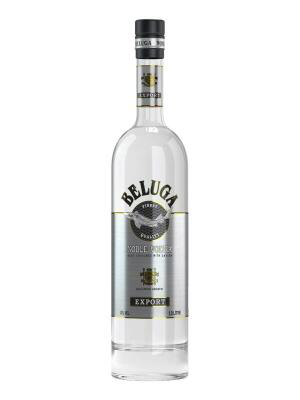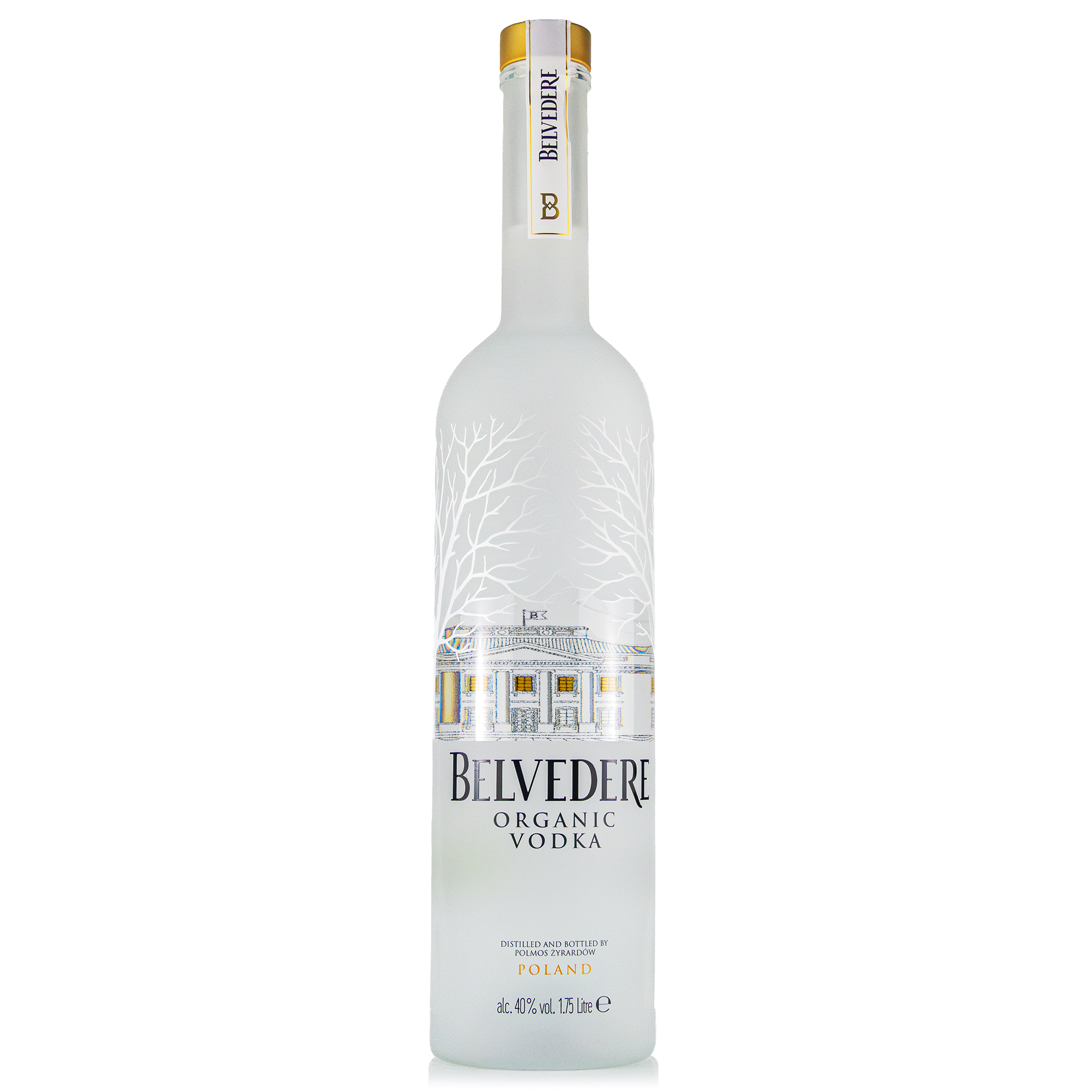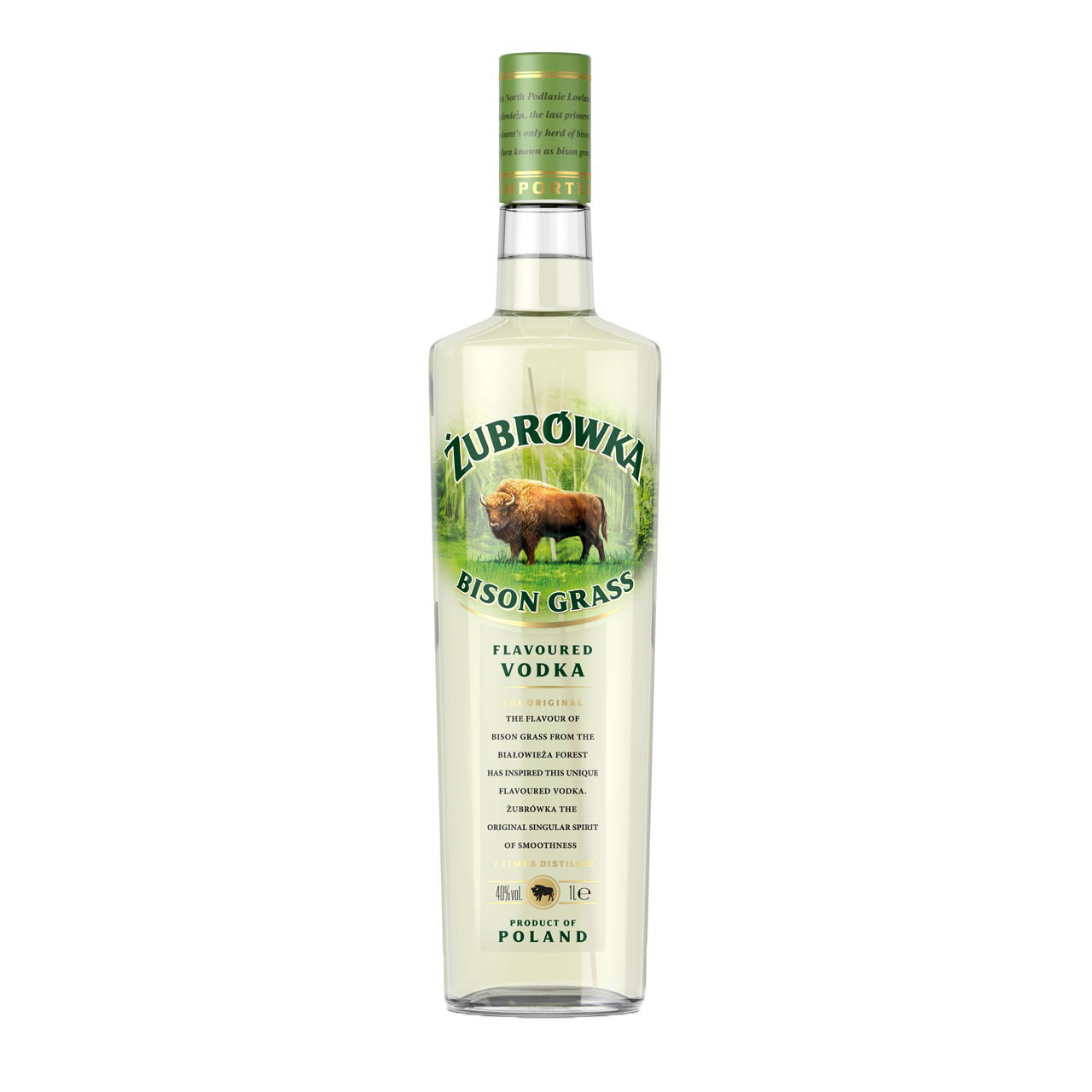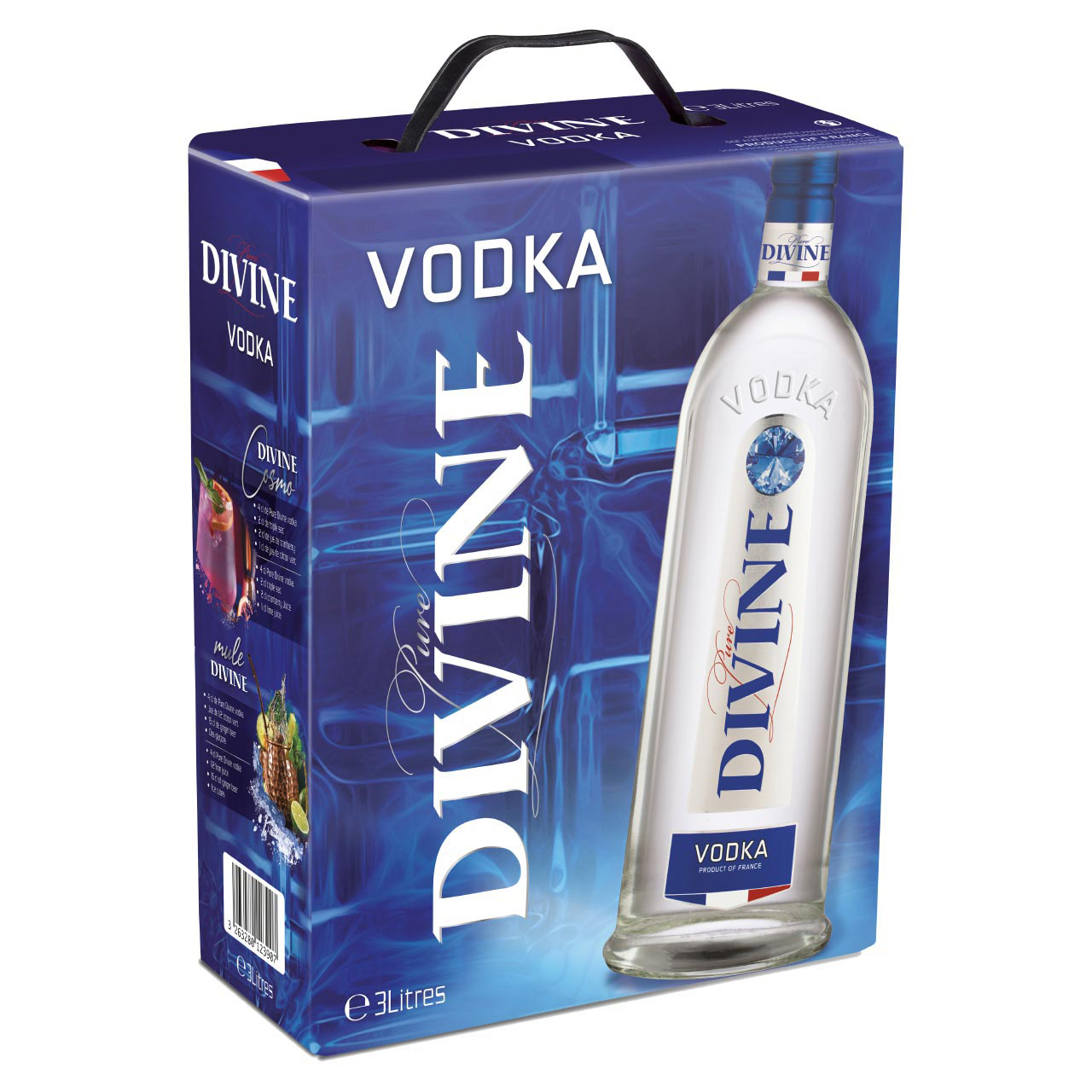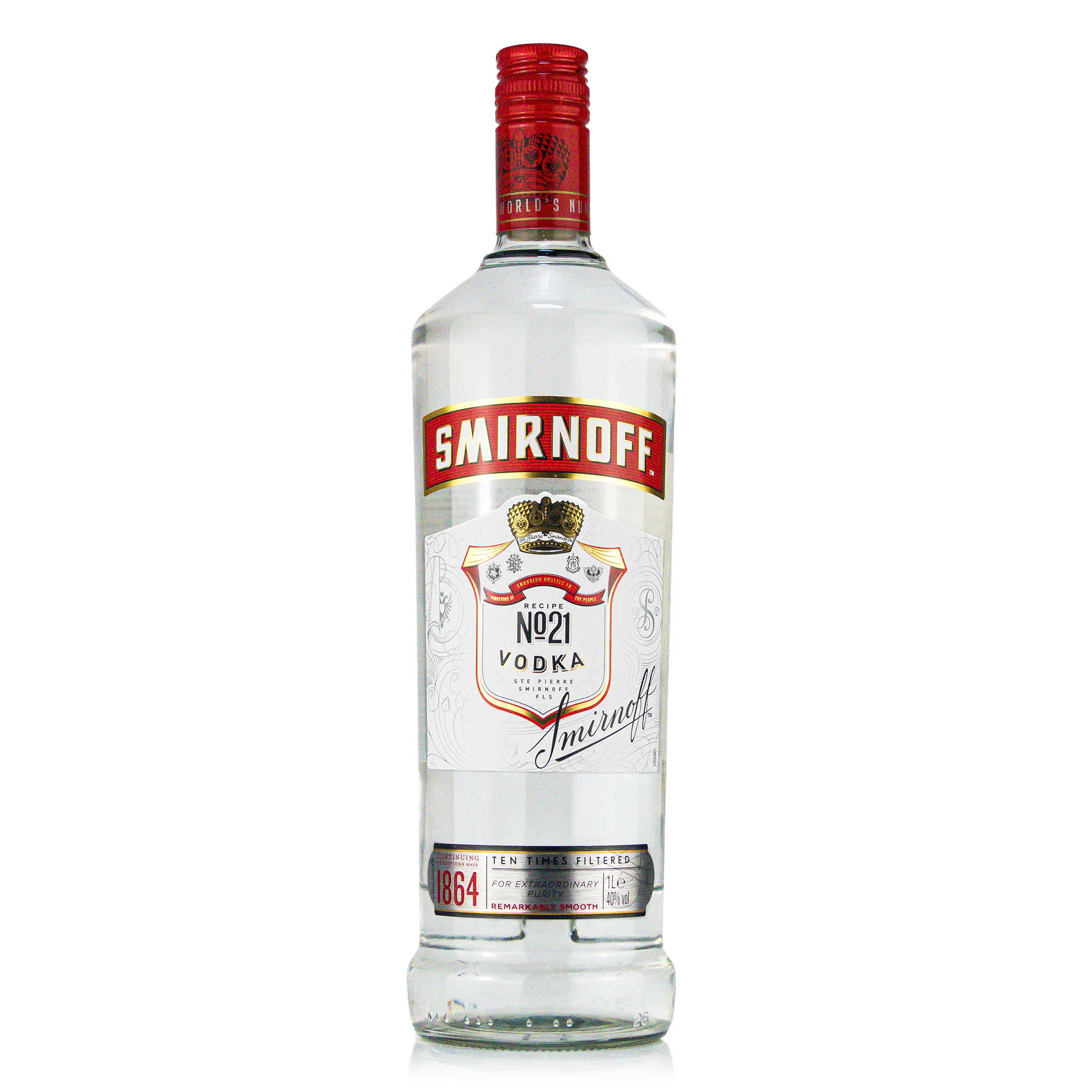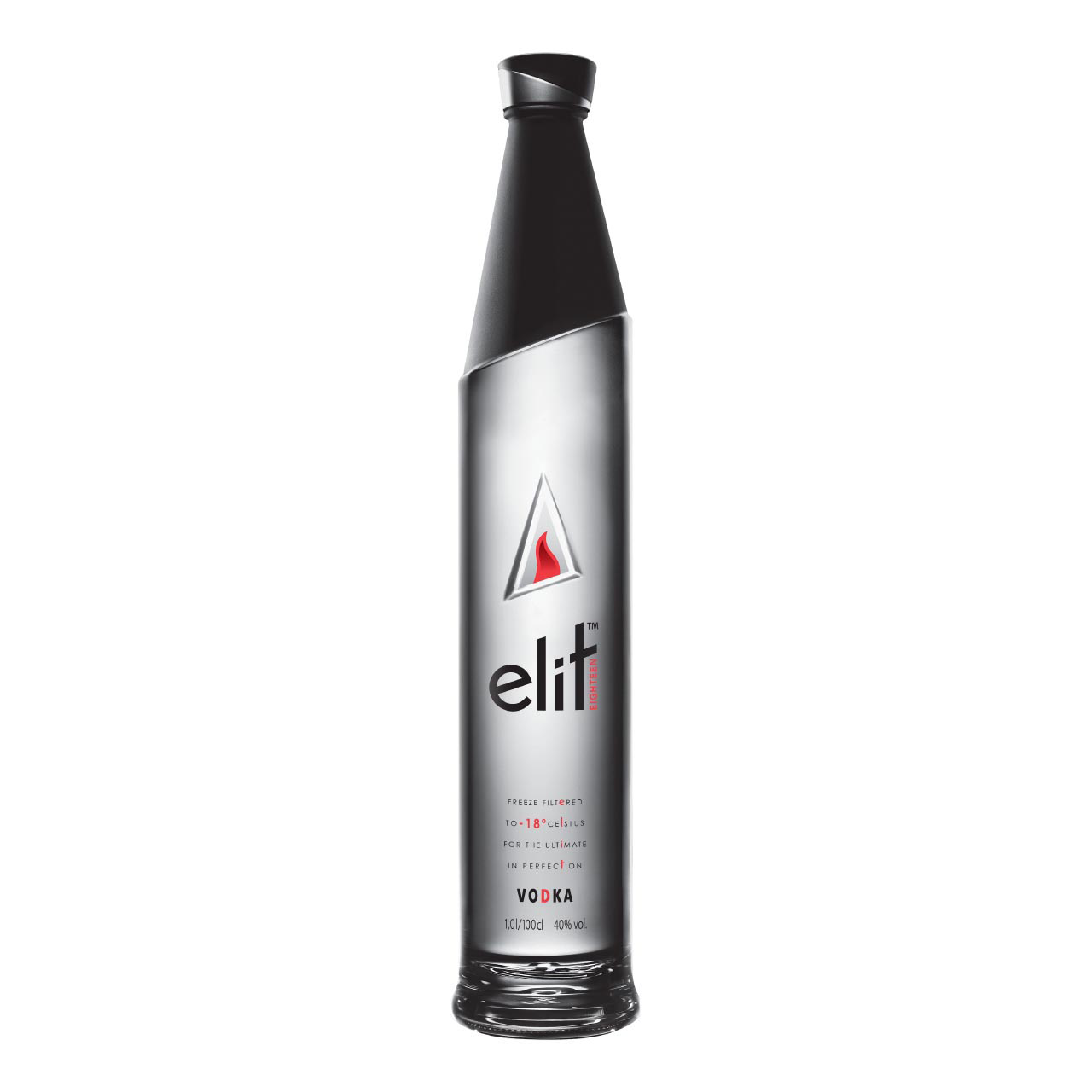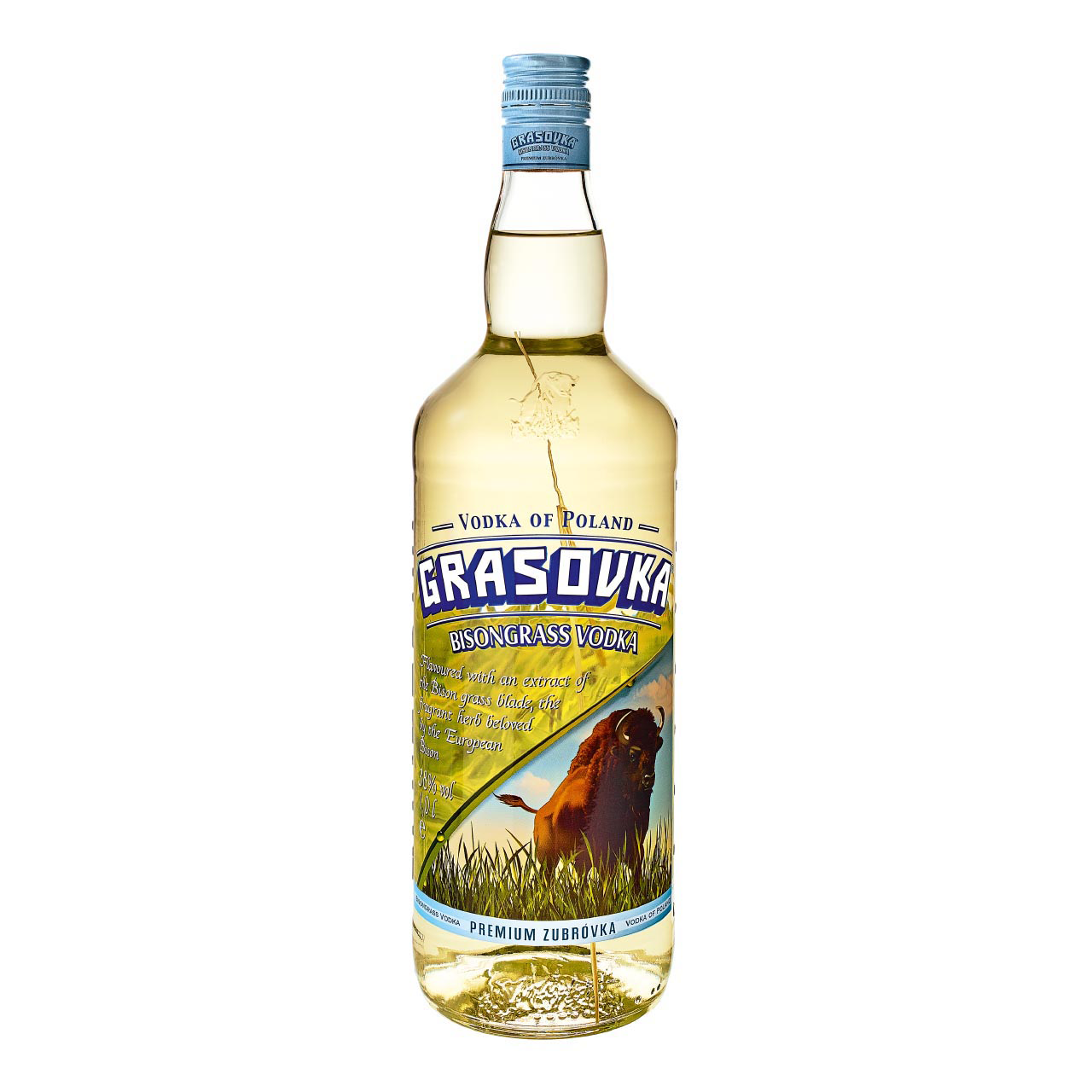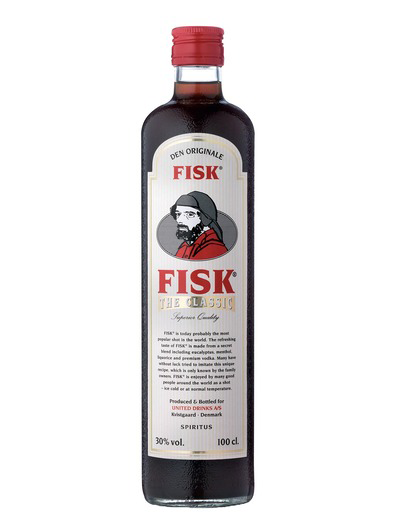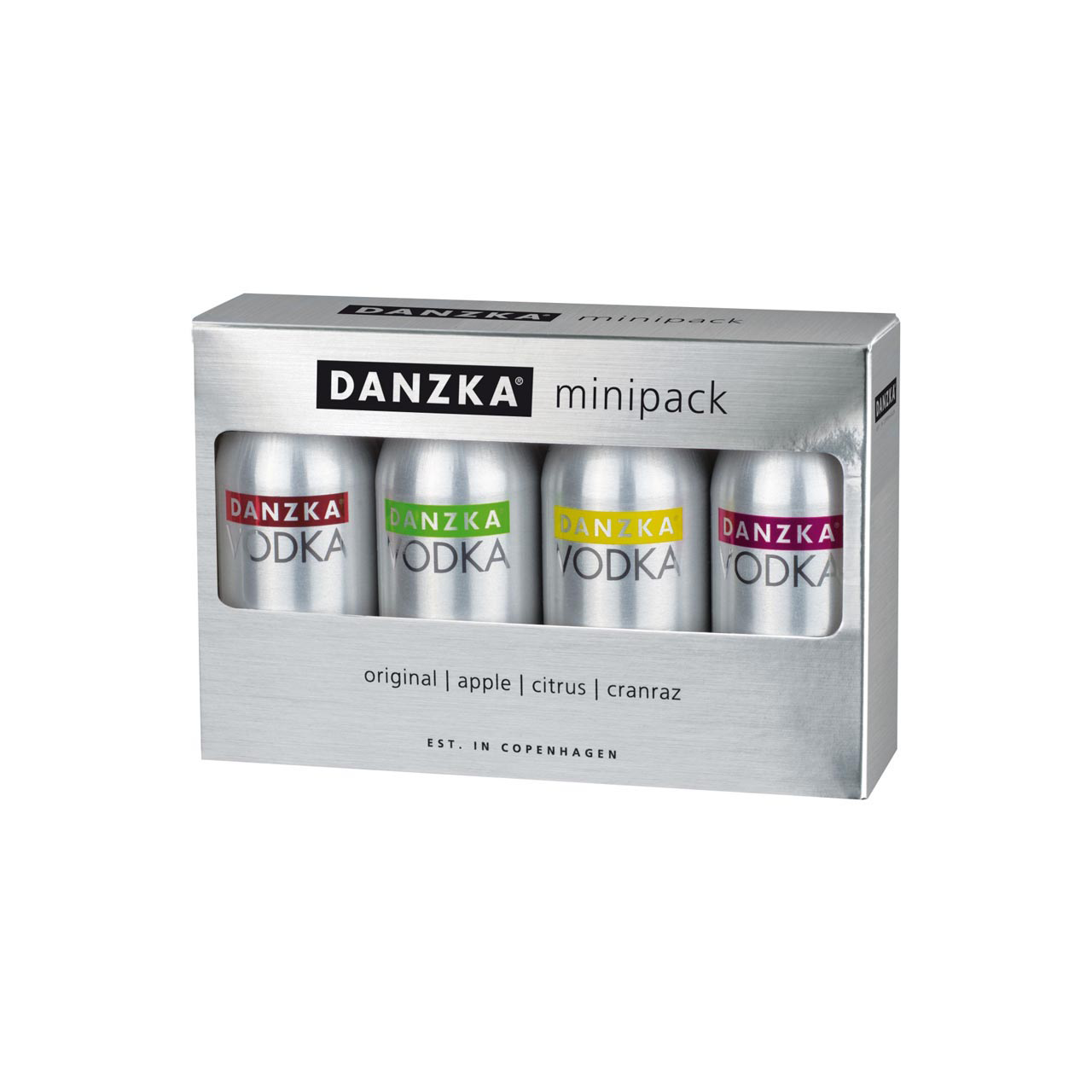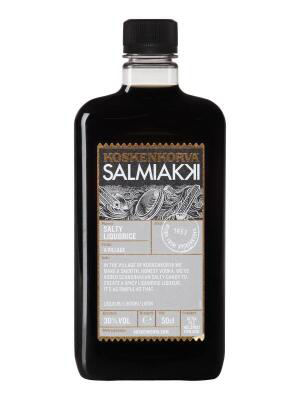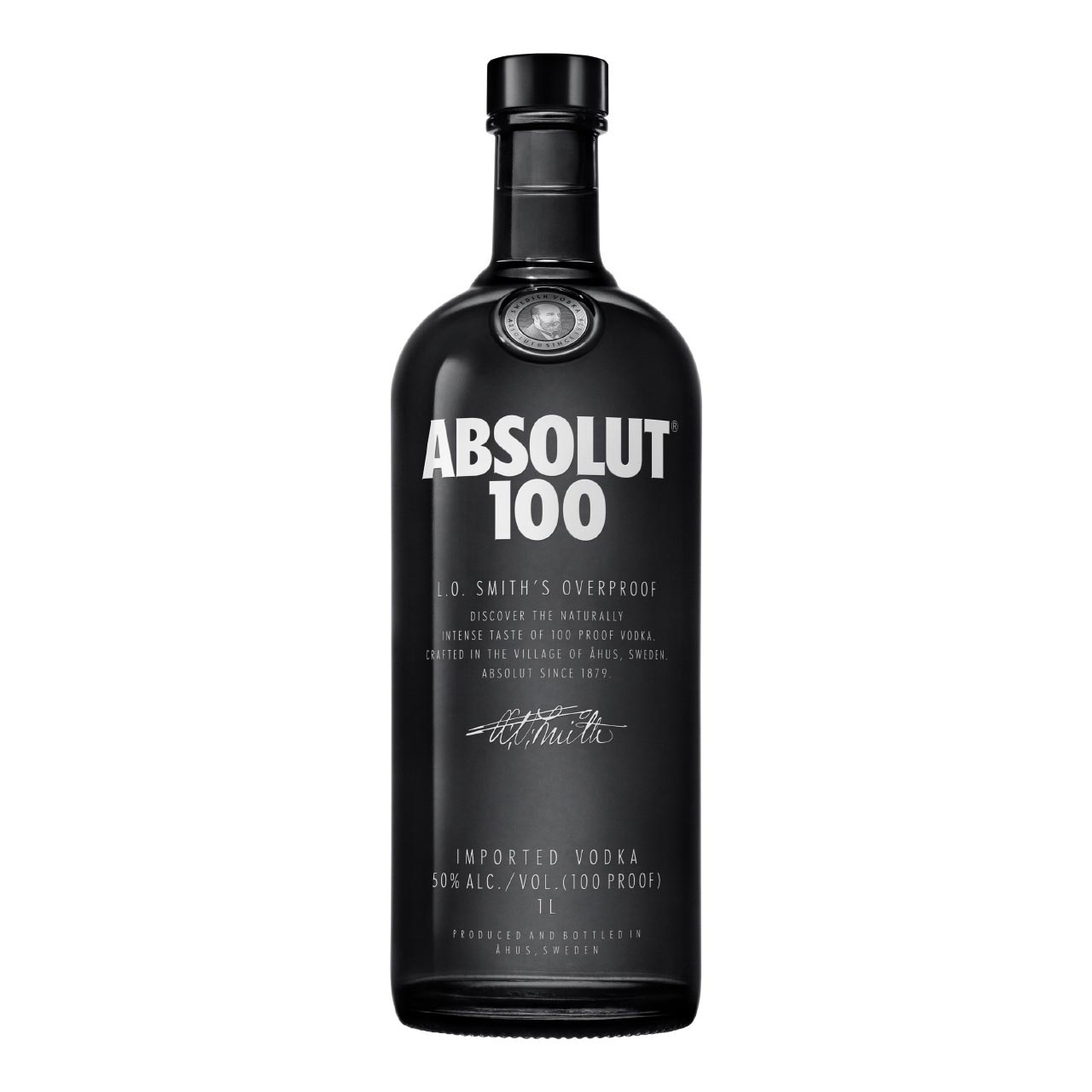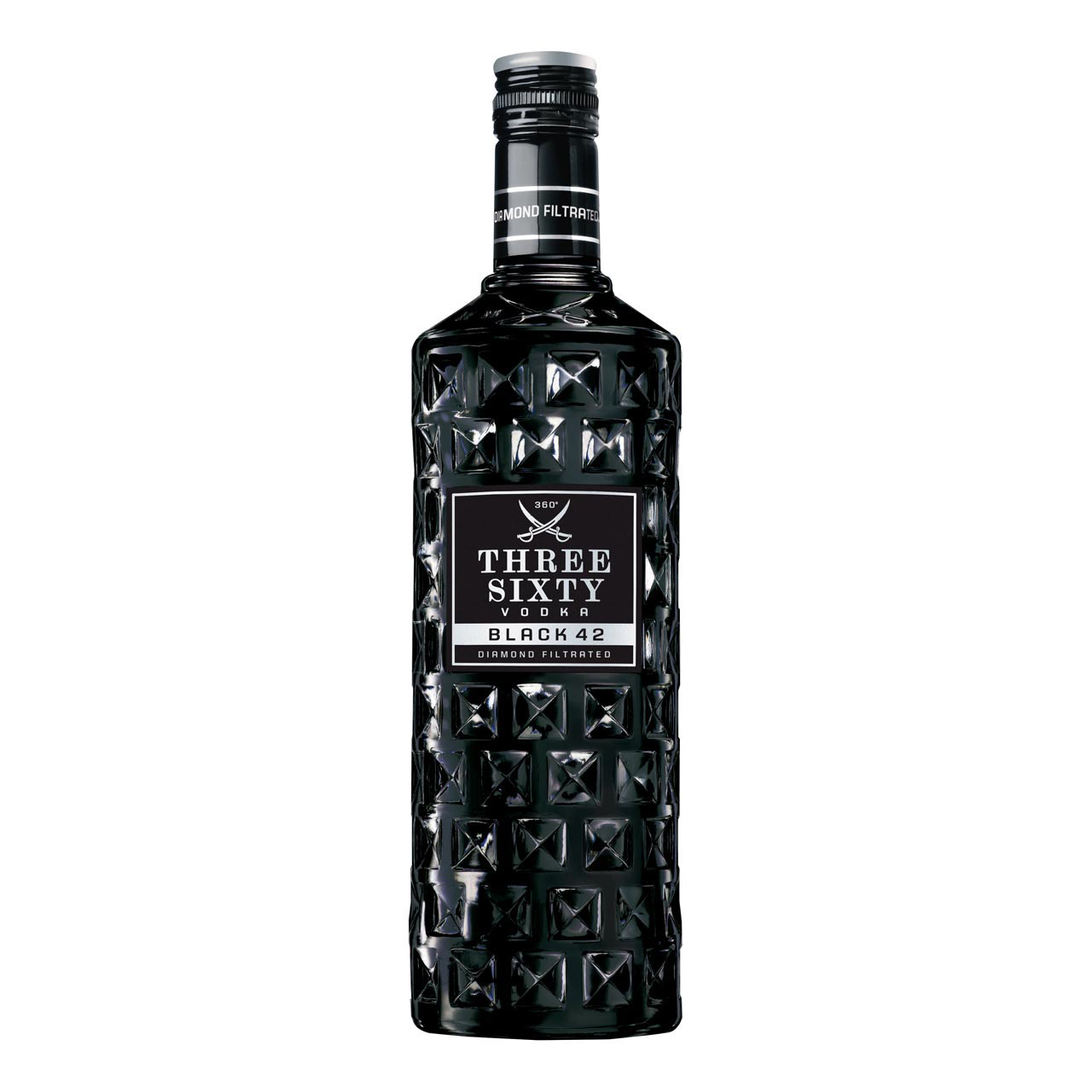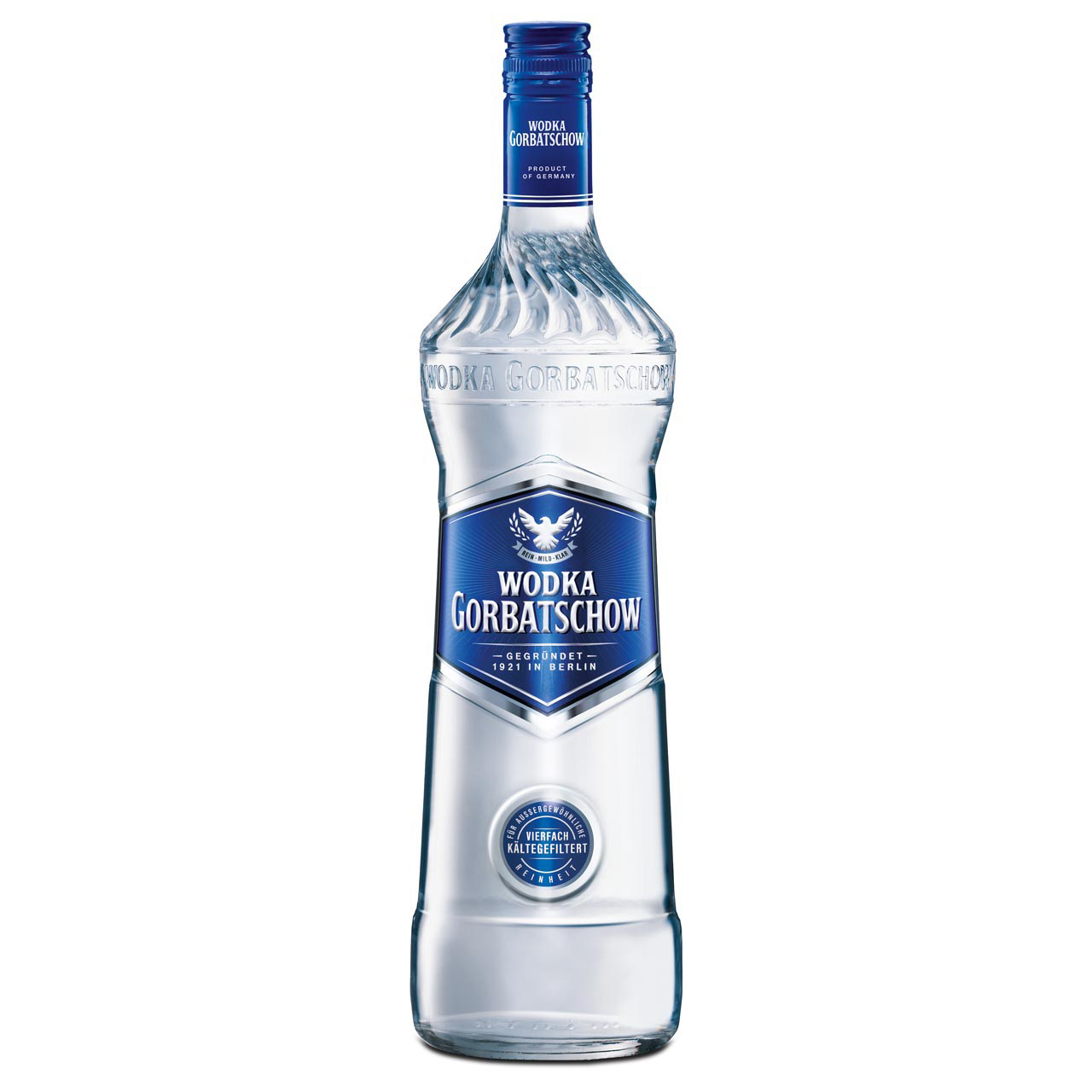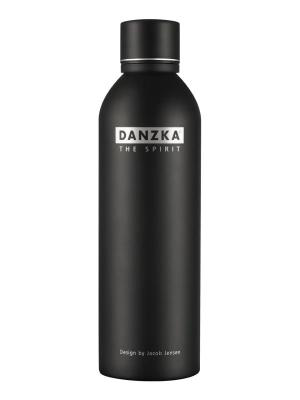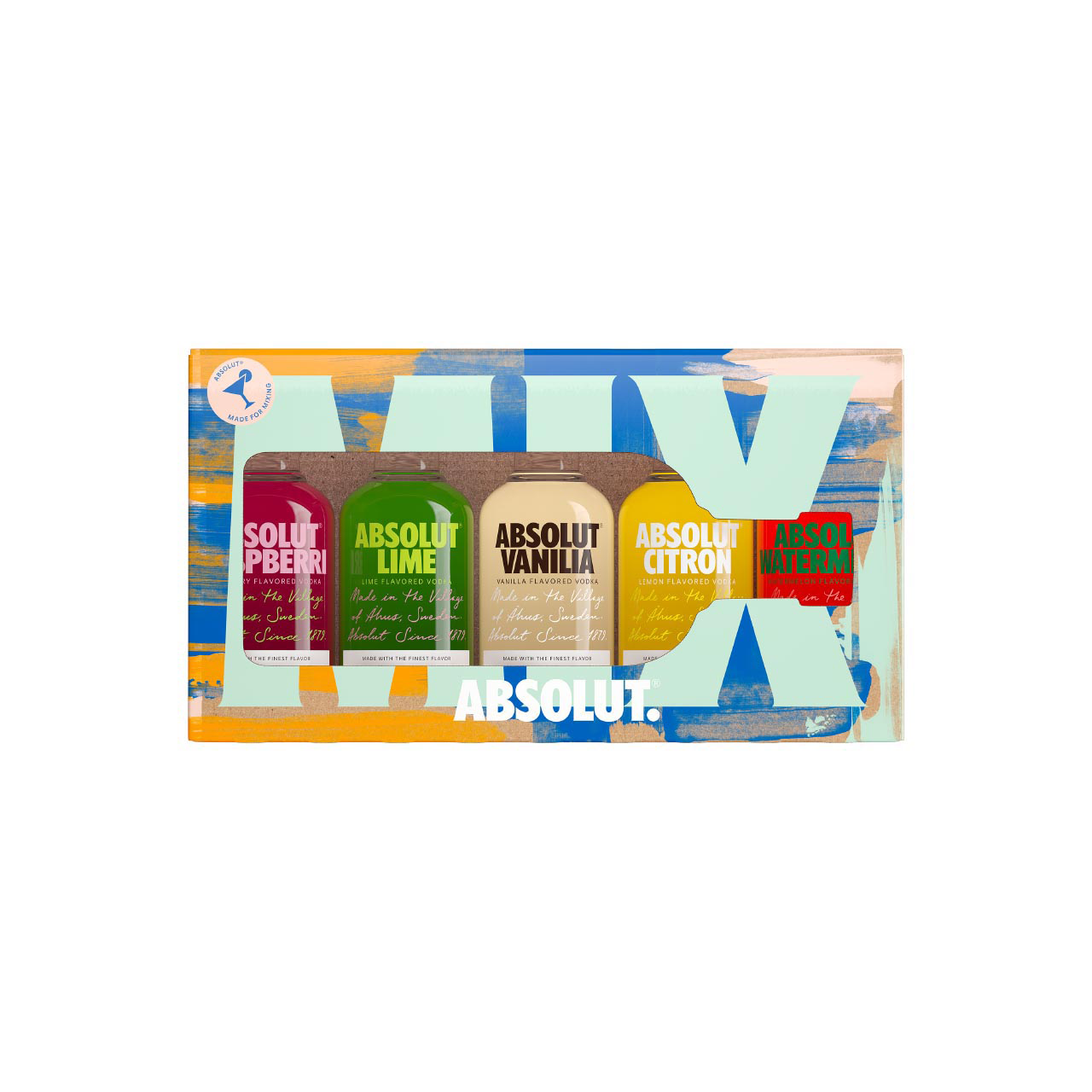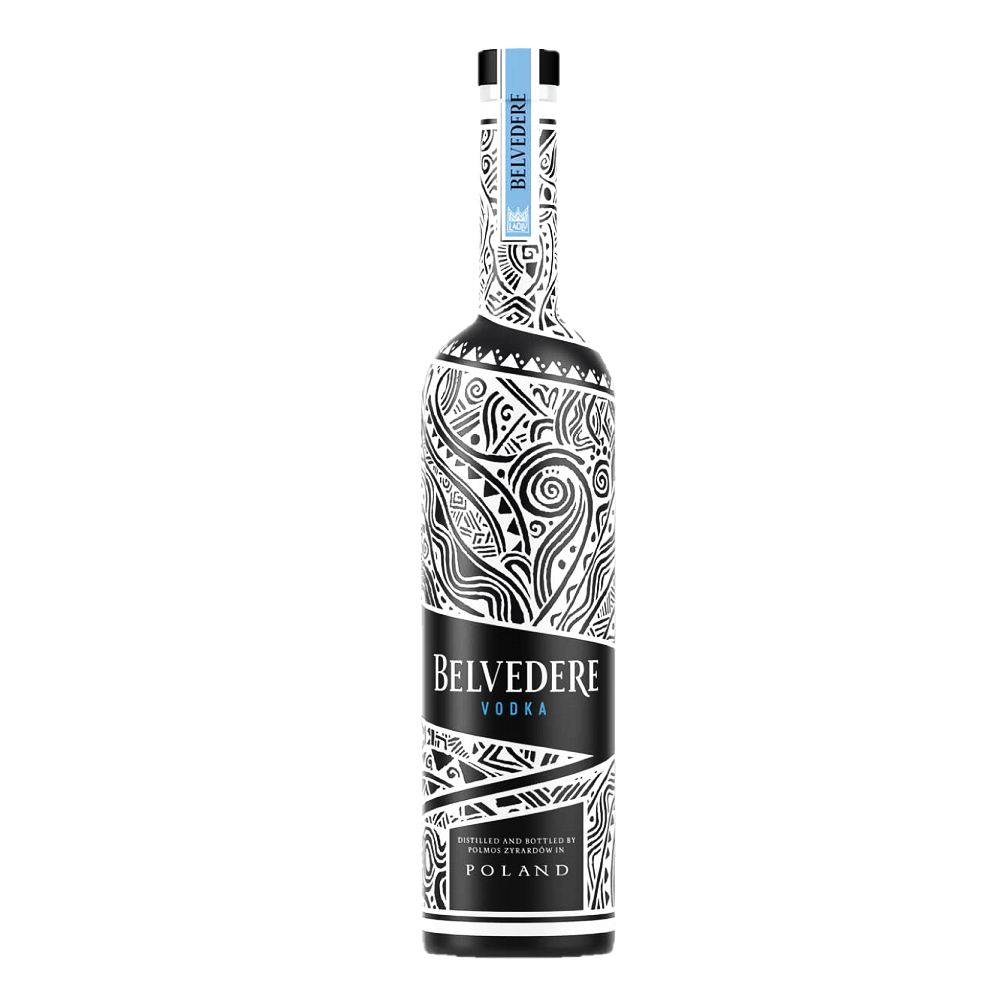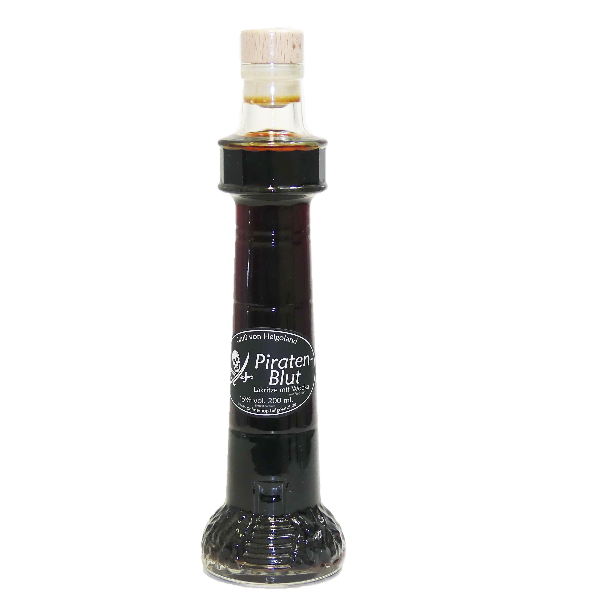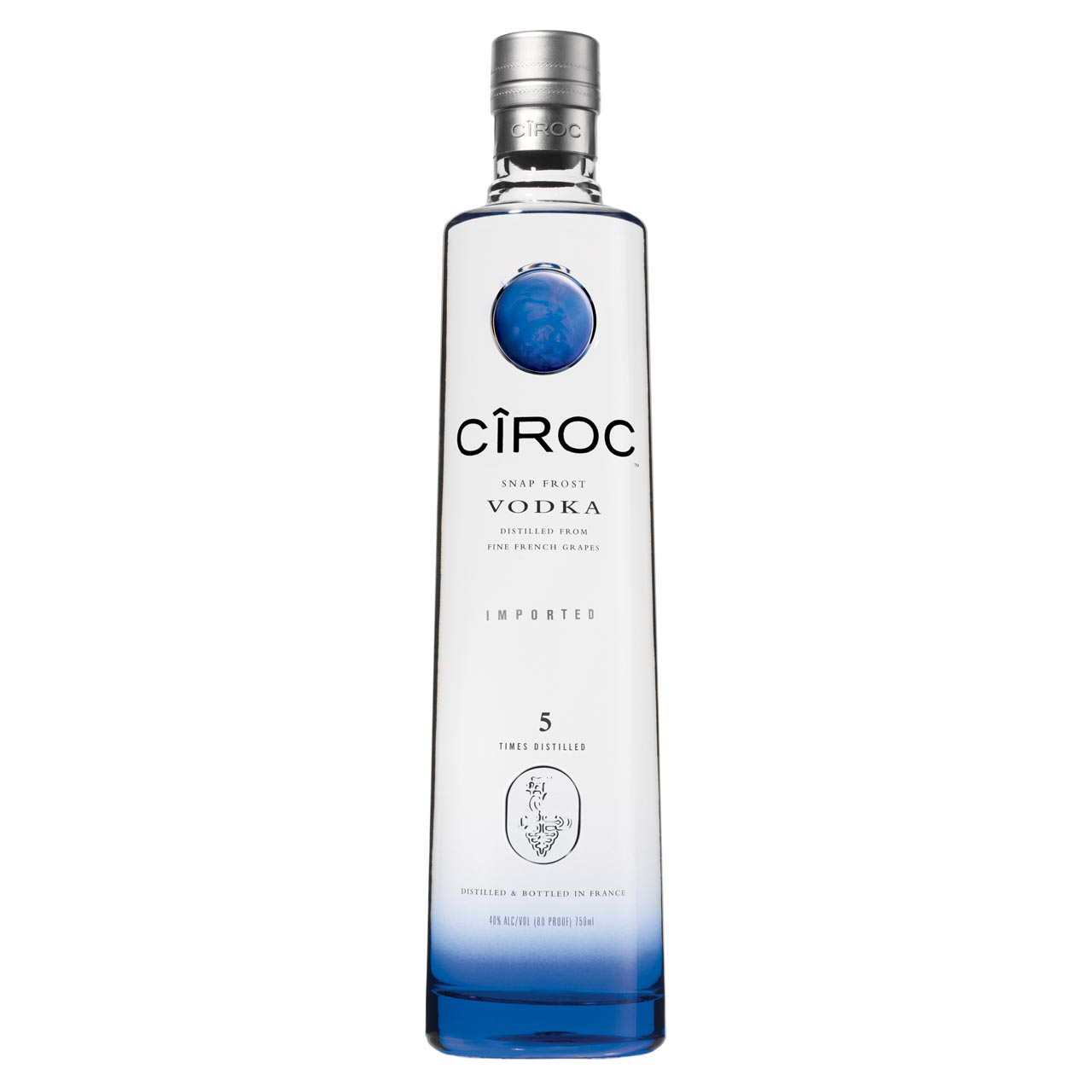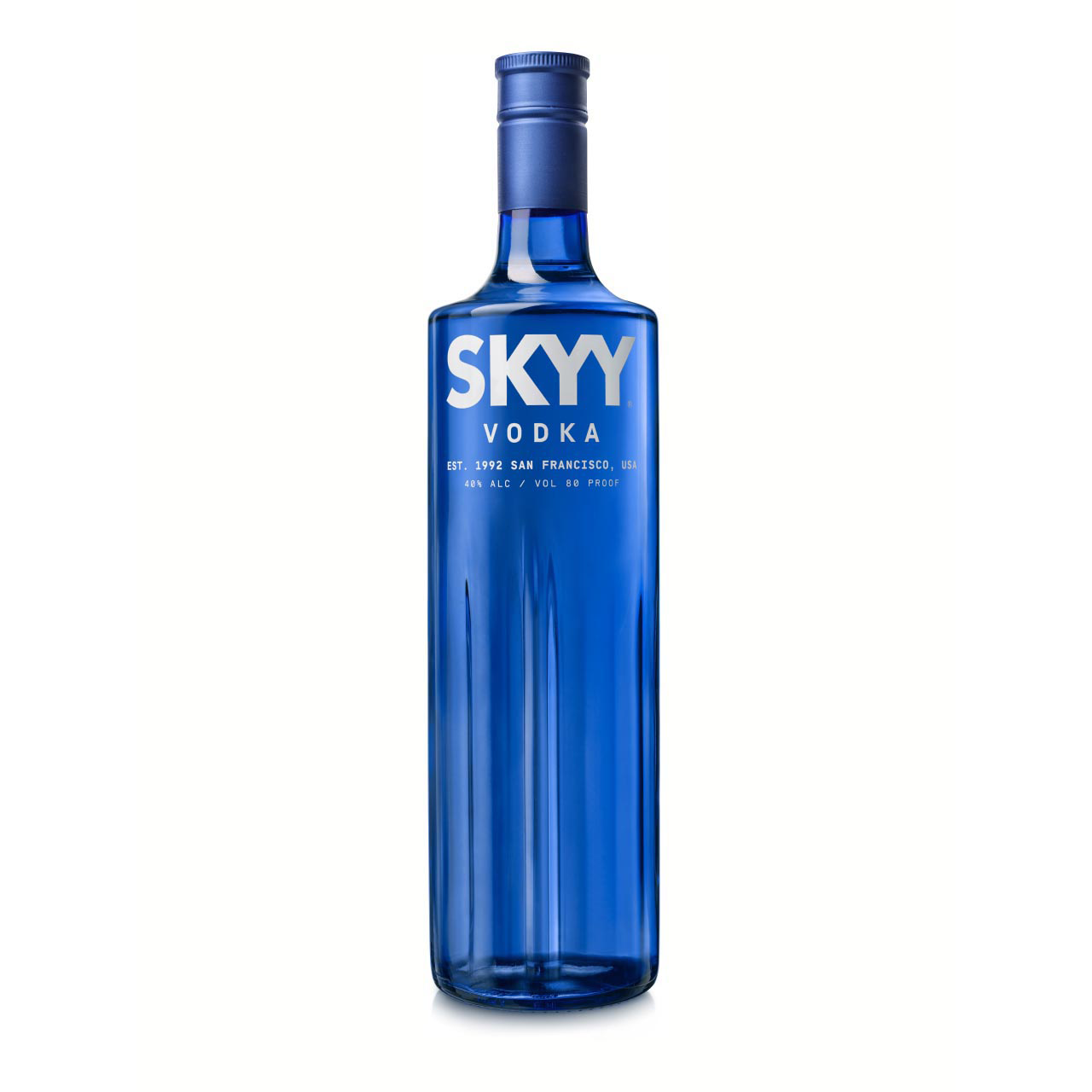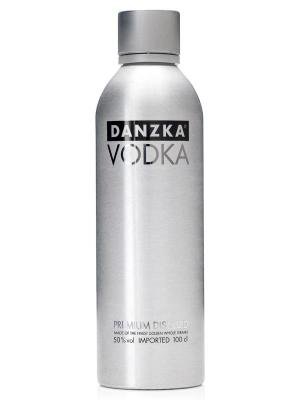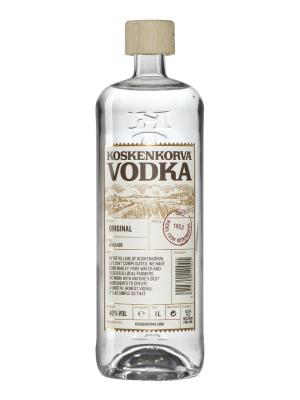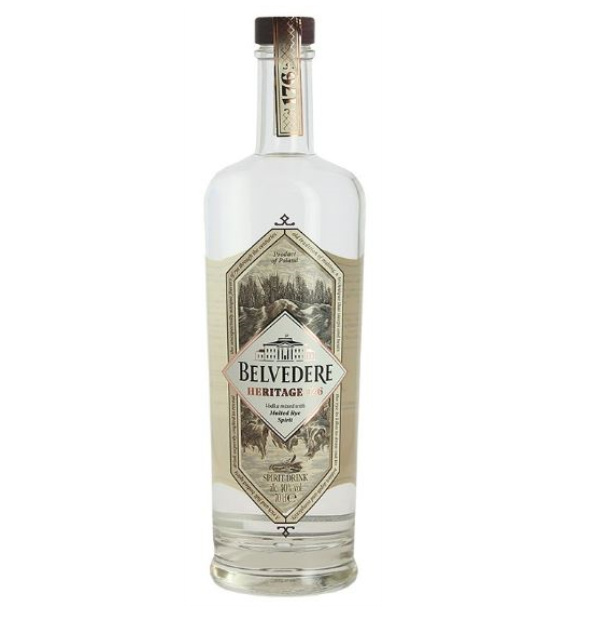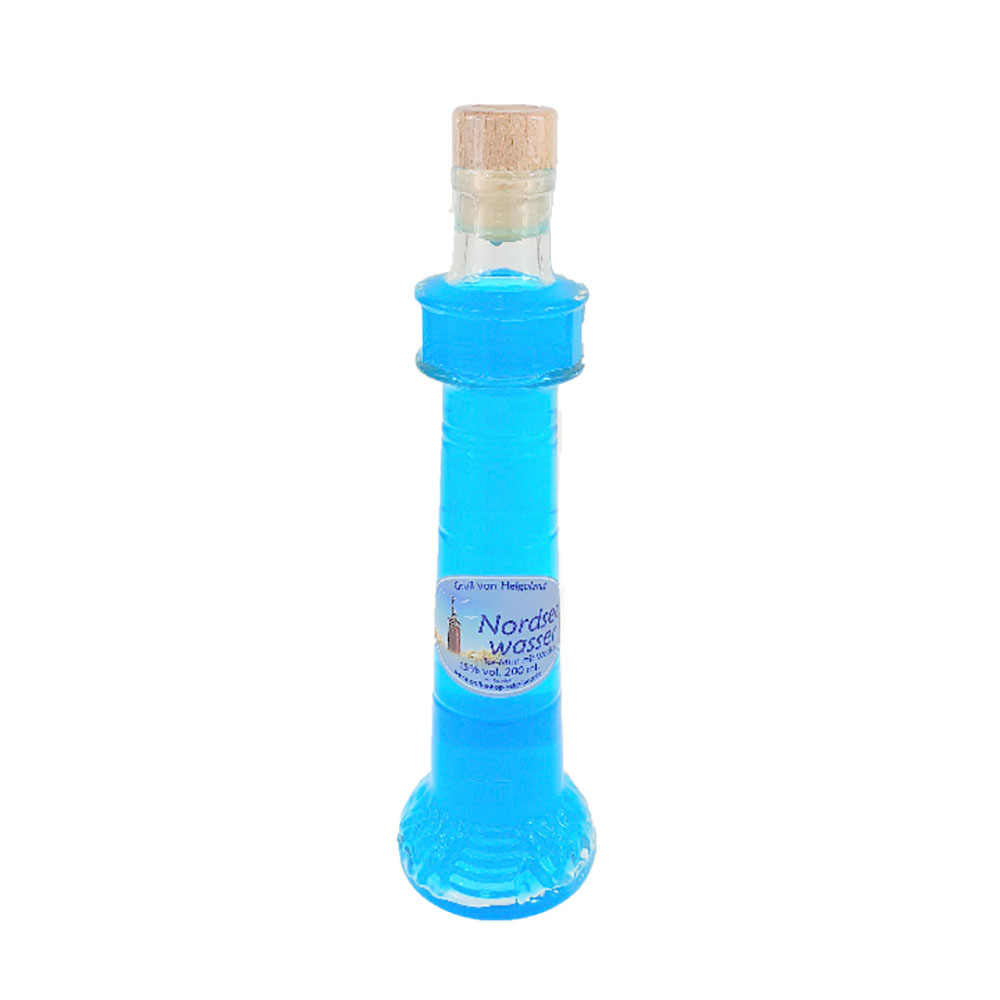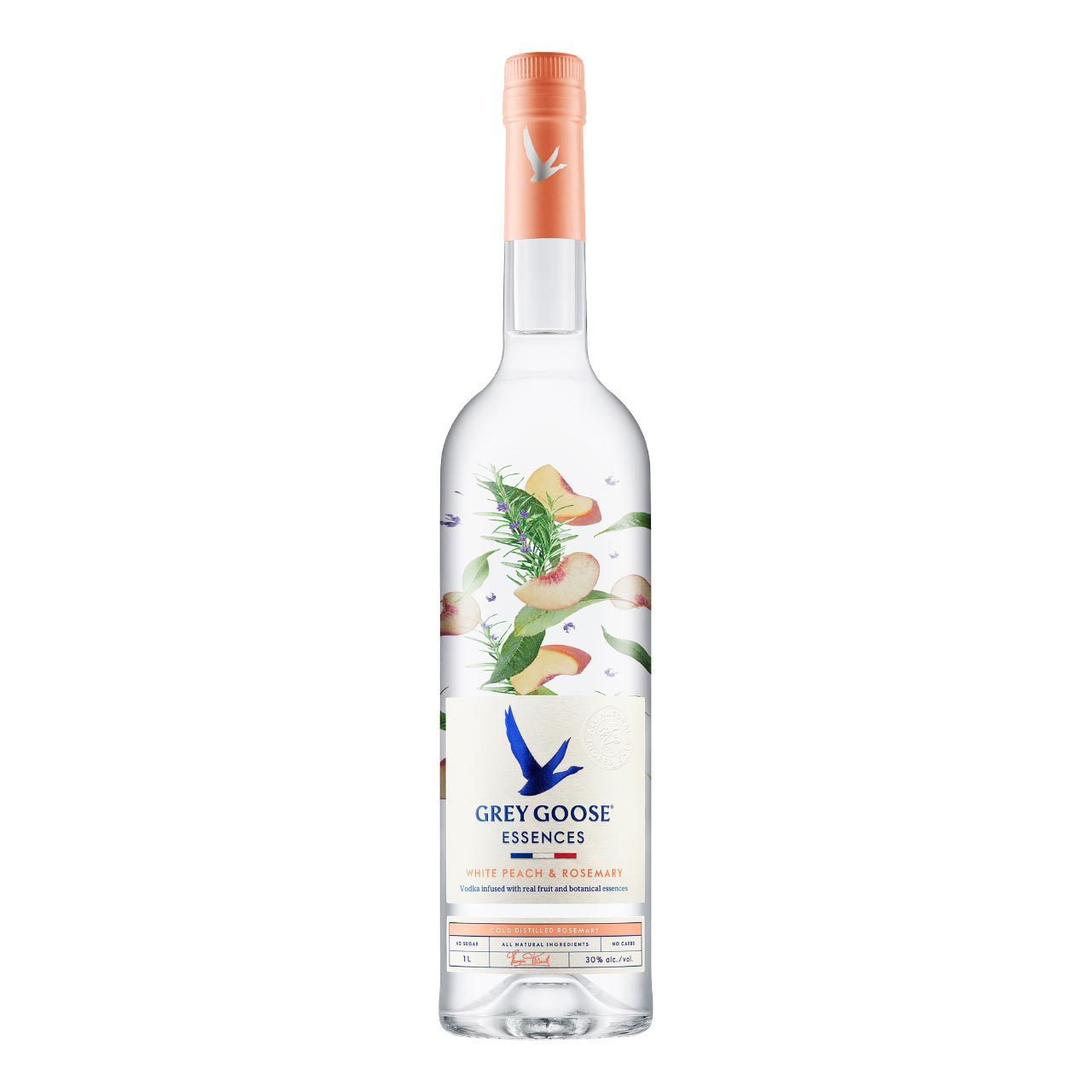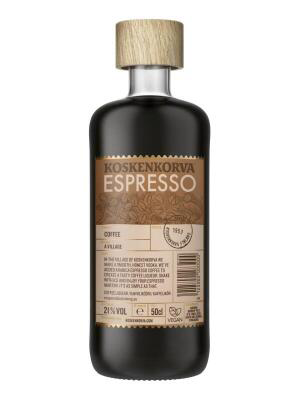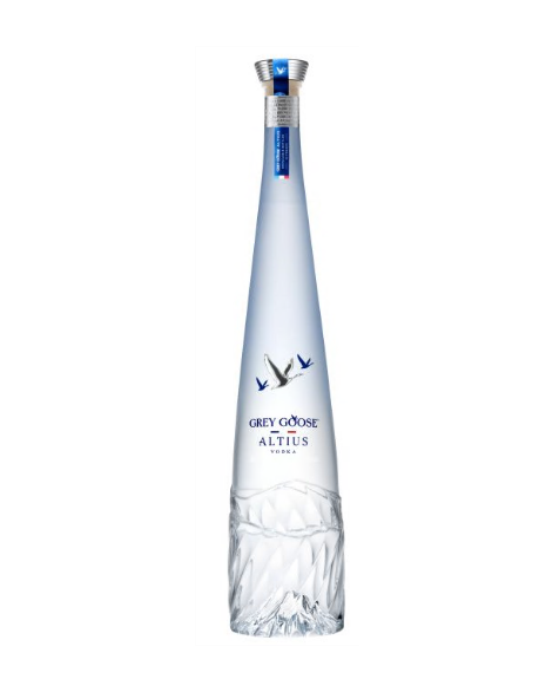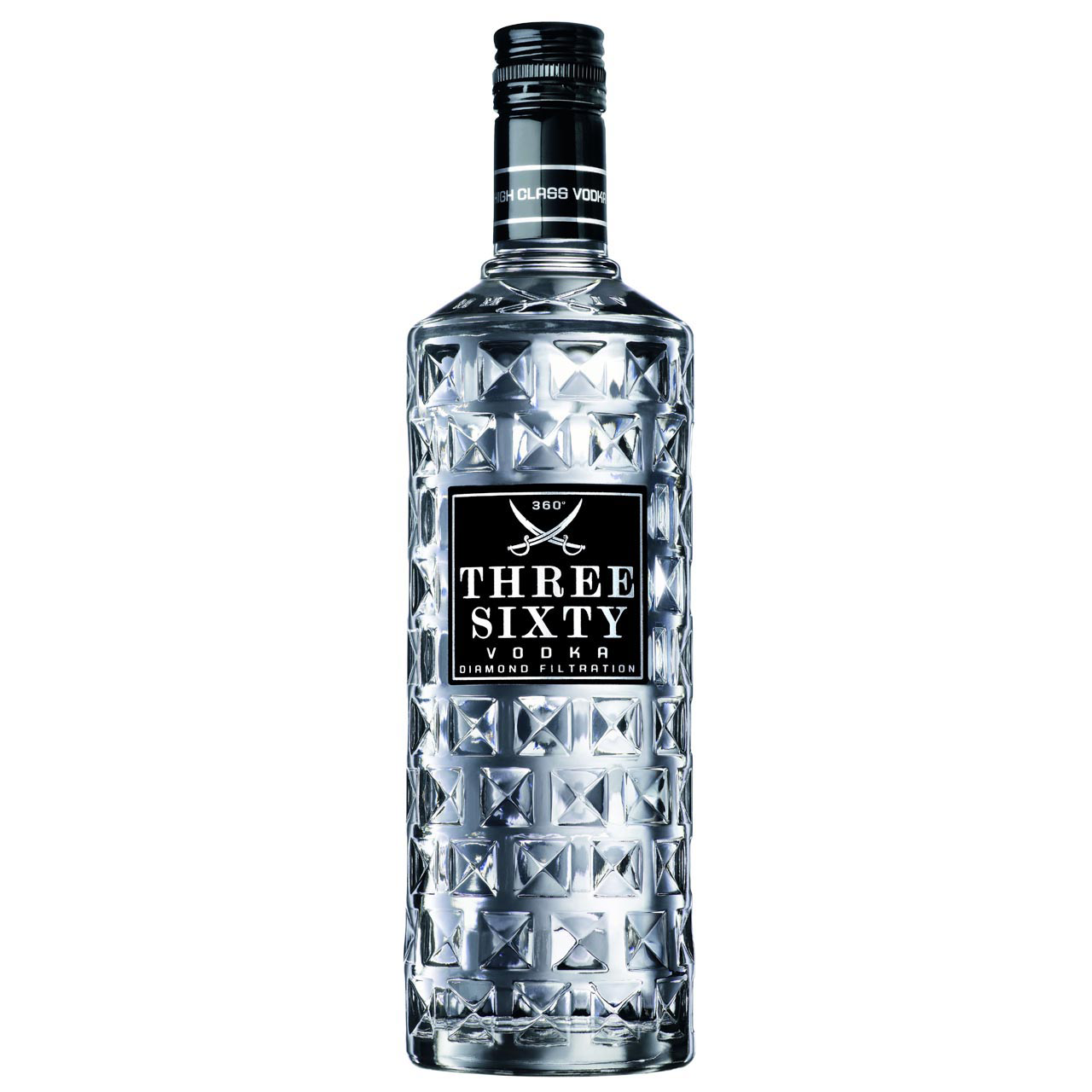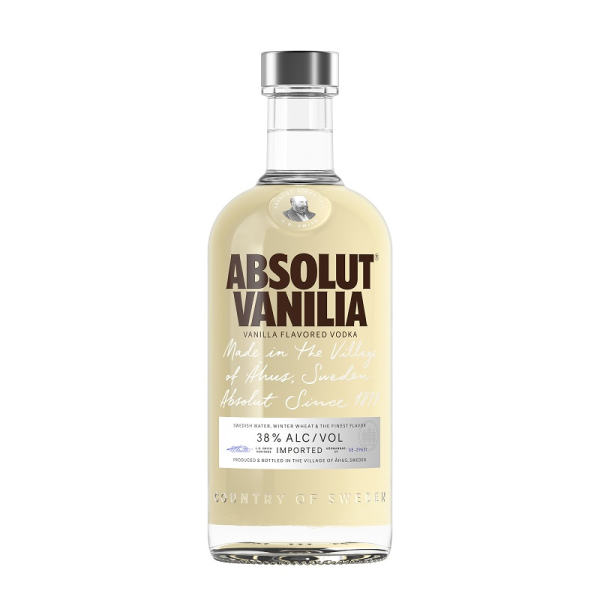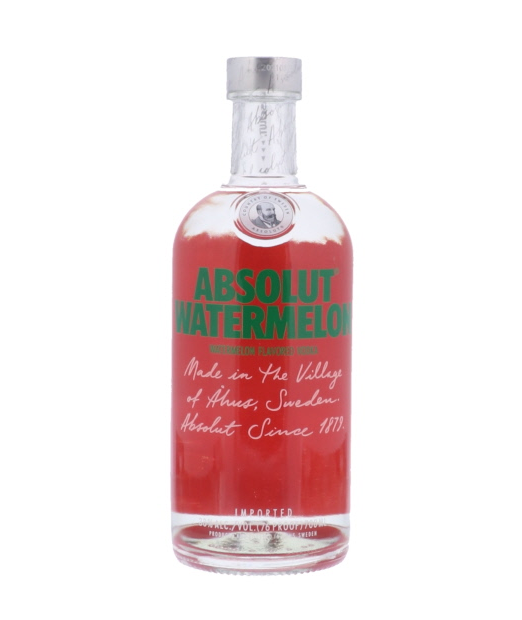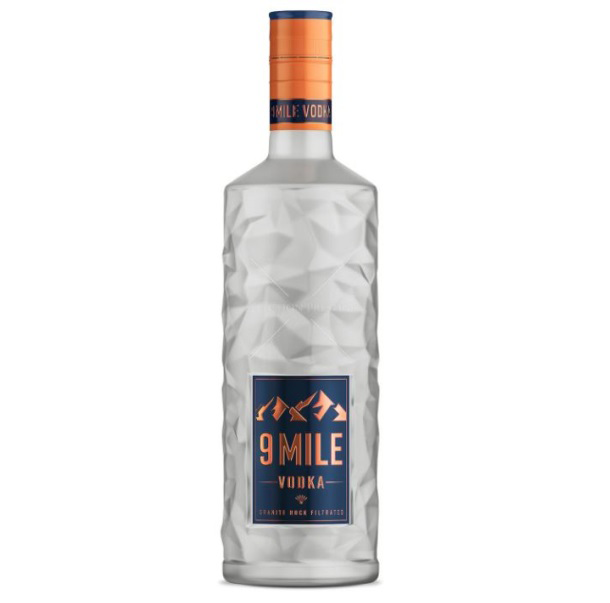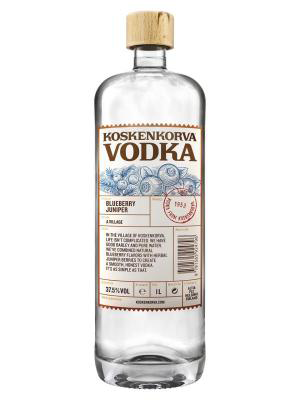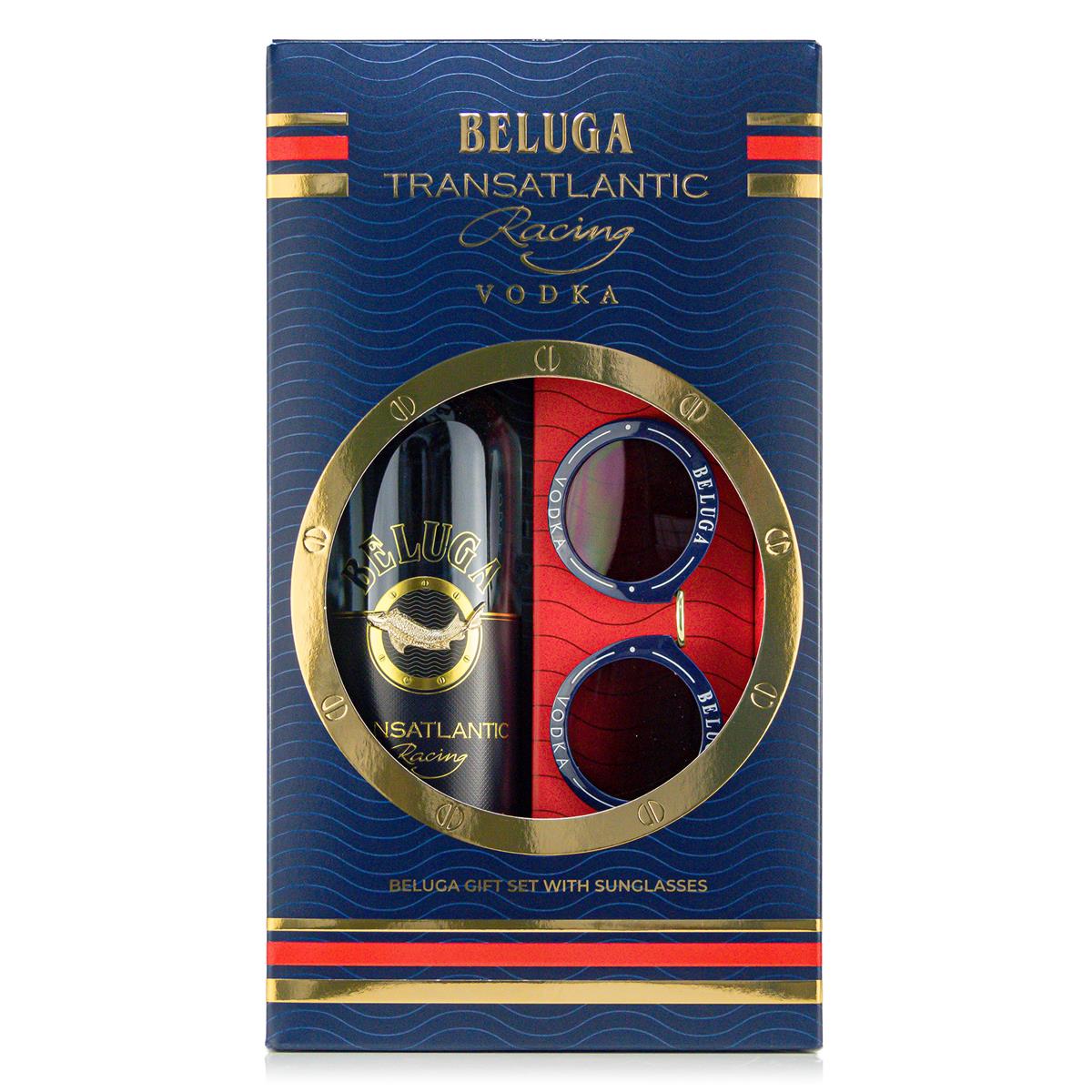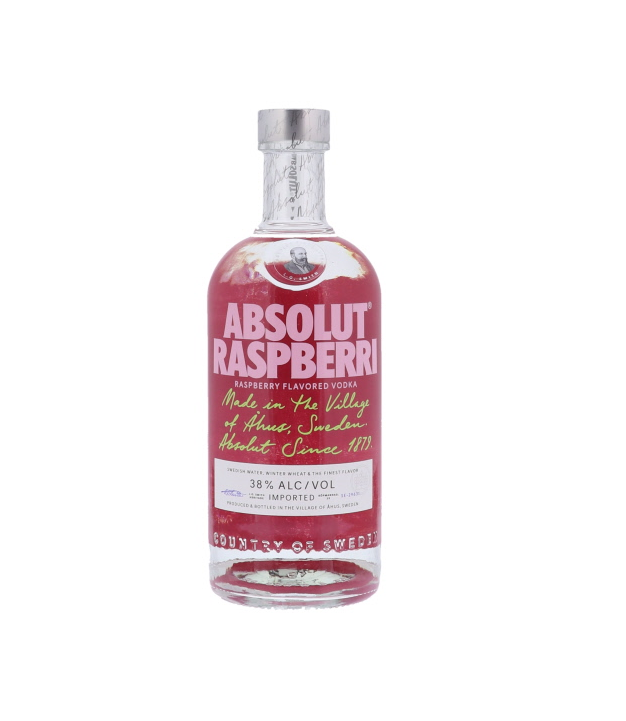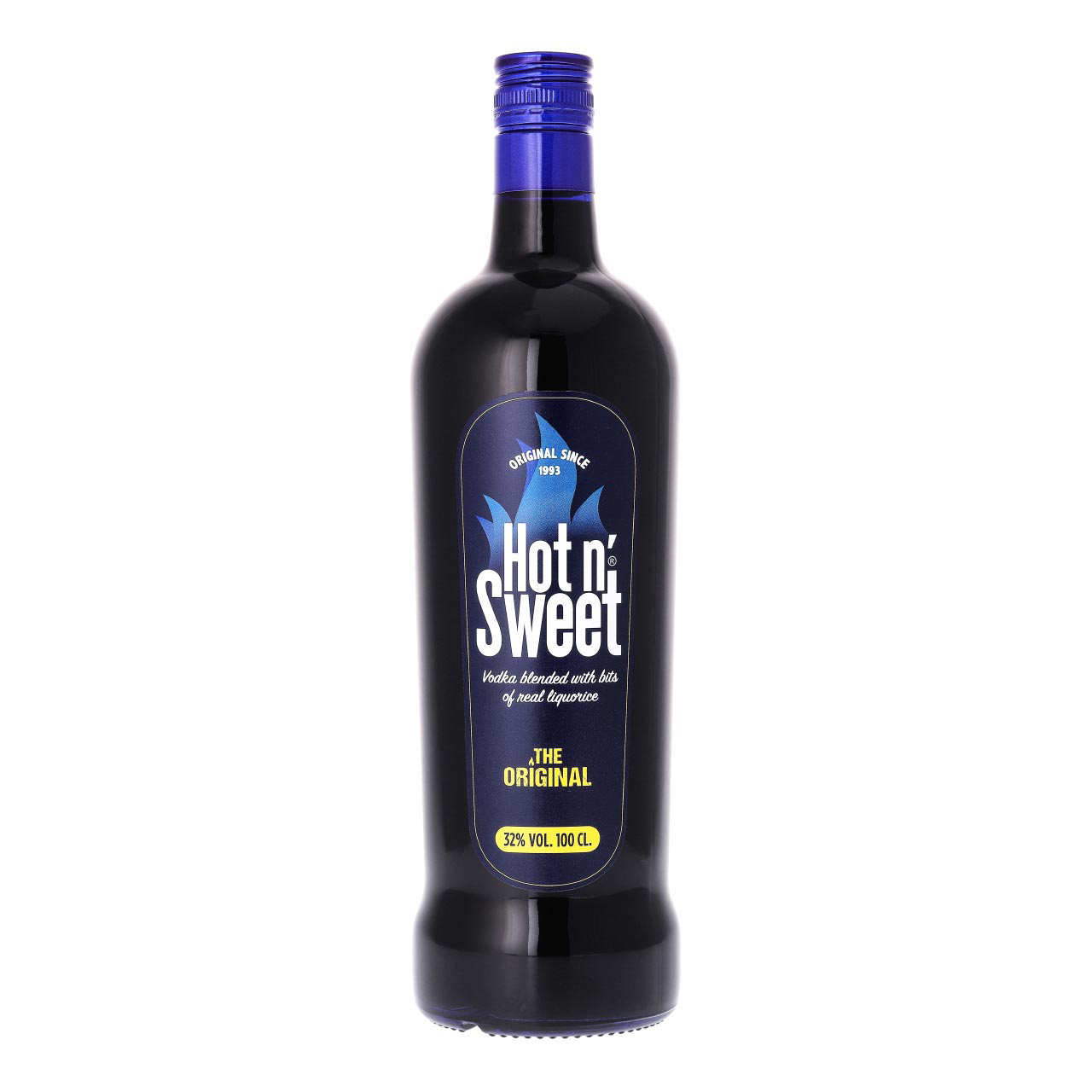62 Products
Average rating of 5 out of 5 stars
incl. VAT plus shipping
Average rating of 5 out of 5 stars
incl. VAT plus shipping
Average rating of 5 out of 5 stars
incl. VAT plus shipping
Average rating of 5 out of 5 stars
incl. VAT plus shipping
Average rating of 5 out of 5 stars
incl. VAT plus shipping
Average rating of 5 out of 5 stars
incl. VAT plus shipping
Average rating of 5 out of 5 stars
incl. VAT plus shipping
1.75 Piece (€48.54* / 1 Piece)
incl. VAT plus shippingAverage rating of 5 out of 5 stars
3 Liter (€11.63* / 1 Liter)
incl. VAT plus shippingAverage rating of 5 out of 5 stars
incl. VAT plus shipping
0.2 Liter (€47.50* / 1 Liter)
incl. VAT plus shippingAverage rating of 4 out of 5 stars
0.5 Liter (€19.00* / 1 Liter)
incl. VAT plus shippingAverage rating of 5 out of 5 stars
incl. VAT plus shipping
0.25 Liter (€54.00* / 1 Liter)
incl. VAT plus shippingincl. VAT plus shipping
0.2 Liter (€57.50* / 1 Liter)
incl. VAT plus shipping0.2 Liter (€57.50* / 1 Liter)
incl. VAT plus shipping0.5 Liter (€19.90* / 1 Liter)
incl. VAT plus shipping0.7 Liter (€170.71* / 1 Liter)
incl. VAT plus shippingAverage rating of 5 out of 5 stars
incl. VAT plus shipping
0.7 Liter (€26.43* / 1 Liter)
incl. VAT plus shipping0.7 Liter (€62.14* / 1 Liter)
incl. VAT plus shippingVodka, the clear spirit, is a true classic among alcoholic beverages. Its versatility and purity delight connoisseurs all over the world. Produced from grain or potatoes, it is turned into a crystal-clear drop by gentle distillation, which convinces with its soft and smooth taste. Whether pure, on the rocks or as the basis for cocktails - vodka enriches every occasion and can be enjoyed as the mood takes you. From the icy regions of Eastern Europe to the sun-drenched distilleries of the USA, vodka inspires with its cultural diversity and tradition.
Whether you are a connoisseur in search of exquisite varieties or simply want to explore the vibrant world of mixed drinks, vodka is a fascinating journey for anyone who appreciates taste and pleasure. Taste our exclusive vodkas and immerse yourself in a world of refined flavors and unforgettable moments.
What is a good vodka?
There are a variety of high quality vodkas on the market, and the definition of a "good vodka" often depends on personal preferences and tastes. Some well-known brands that are known for their quality and popularity:
- Belvedere Vodka: A premium Polish vodka known for its soft and smooth texture.
- Grey Goose Vodka: A French vodka appreciated for its high quality distillation and mild taste.
- Absolut Vodka: A Swedish classic with a characteristic, pure taste and a wide range of flavors.
- Tito's Handmade Vodka: A U.S.-made vodka known for its smooth texture and mild flavor.
It is advisable to try different vodkas and find out which one suits you best. A good vodka should be characterized by purity, a pleasant texture and a balanced taste. Thorough research and reading reviews can also help you find the right vodka for your preferences.
Vodka or Wodka?
The spellings "vodka" and "wodka" are closely related to the history and origin of the spirit.
The name "wodka" comes from the Slavic language area and means "little water" or "small water". Originally, wodka was produced in Eastern European countries such as Russia and Poland and has a long tradition there.
The spelling "vodka" is mainly used in English-speaking countries or in countries with a language similar to English. The spelling "vodka," on the other hand, has its roots in German and most Western languages. It goes back to the prevalence and popularity of vodka in countries like Germany and Austria. In these regions, the spirit was often referred to as "vodka," which is also due to the Slavic origin of the word.
Historically, vodka has had a long and varied development. The exact origin of the drink is disputed, but it is generally assumed that vodka was produced in Eastern Europe as early as the 8th or 9th century. In the early days, vodka was distilled mainly from grain, but later the potato was also used as a raw material for its production.
Despite the unclear spelling, the clear spirit enjoys great popularity. Whether "vodka" or "vodka" - it tells its own fascinating stories and remains a symbol of pleasure and conviviality.
Is vodka Polish or Russian?
Vodka has a long history and is closely associated with both Russia and Poland. However, the exact history of the origin of vodka is disputed and both countries claim to be the home of this popular drink.
The tradition of vodka production dates back to the Middle Ages. In Poland, vodka is called "Wódka" and it is claimed that Polish master distillers were distilling vodka as early as the 8th century. They first used the term "Wódka" (water) for a distillate obtained from grain.
In Russia, the term "водка" (vodka) appeared later, probably in the 15th century, and here, too, vodka was distilled from grain. Russia is known for its long tradition of vodka production and has made an important contribution to the development and popularization of vodka.
Both in Russia and Poland, modern techniques for the production of vodka have been developed and improved. Today, vodka is produced in many countries around the world, and different regions have developed their own varieties and qualities.
So you can't say that vodka is exclusively Polish or Russian. Rather, it is an important spirit deeply rooted in the traditions and cultures of both countries and has gained great international importance.
How is vodka made?
The production of vodka is a fascinating process that requires precision and craftsmanship. Traditionally, vodka is made from grain or potatoes, although today other ingredients such as grapes, corn or rye can also be used. The process begins with the selection and processing of raw materials, which are then ground or pressed to release their starch content.
The starch is converted into sugar and fermented into alcohol by yeast fermentation. This raw alcohol is then purified by distillation and freed from unwanted accompanying substances. Distillation usually takes place in copper stills or columns, which bring the alcohol to a high degree of purity. Often, the vodka is then filtered to obtain a clear and pure final product. Some producers also use charcoal or other materials for filtration to create special flavor profiles.
Why is vodka so popular?
Vodka is a very popular alcoholic beverage worldwide. Its flavor neutrality makes it a versatile companion in cocktails and mixed drinks, harmonizing with a wide range of flavors. This flexibility has made vodka a popular base alcohol appreciated by both bartenders and mixed drink enthusiasts.
How to drink vodka?
Vodka can be drunk in a variety of ways, depending on personal preference and desired taste experience. Here are some common drinking habits:
- Neat: Vodka can be drunk neat at room temperature or slightly chilled. This is the best way to bring out the fine aromas and smoothness of the drink.
- On the rocks: If you want to enjoy vodka slightly diluted, pour it over a few ice cubes. The ice softens the intensity and allows for slow enjoyment.
- Vodka Martini: A classic Vodka Martini consists of vodka, dry vermouth and a lemon zest. Shaken or stirred, it is a timeless cocktail delight.
- Vodka Soda: For a refreshingly light version, infuse vodka with soda or mineral water and add a slice of lemon or lime.
- Vodka Tonic: Similar to Vodka Soda, but here tonic water is used, which gives the drink a slightly bitter note.
- Vodka cocktails: Vodka is an excellent base for a wide variety of cocktails.
From the Cosmopolitan to the Moscow Mule to the White Russian, there are countless creations in which vodka takes center stage. It is important to always drink vodka responsibly and to adjust the respective amount of alcohol to personal tolerance. This way, you can enjoy the clear and versatile drink to the fullest and discover its fine nuances of taste. Cheers!
Should you drink vodka neat?
Whether or not to drink vodka neat depends on personal preferences and drinking habits. Vodka is a clear and unflavored spirit known for its versatility. Some people drink vodka neat to enjoy the subtle flavors and smoothness of the drink. Others prefer to drink vodka in cocktails or mixed drinks to create different flavor experiences.
If you want to drink vodka neat, you should pay attention to good quality in order to achieve an optimal enjoyment experience.
Vodka Mixed Drinks & Cocktails: How Versatile Can Vodka Be Combined?
Vodka is one of the most popular spirits for mixed drinks and due to its tasteless nature can be perfectly combined with various ingredients. From classic cocktails to modern creations, vodka is the ideal base for a variety of refreshing and flavorful mixed drinks.
A classic among vodka cocktails is the famous "Moscow Mule", consisting of vodka, ginger beer and lime juice, served in a copper mug with ice cubes. The fresh spiciness of the ginger harmonizes perfectly with the sweetness of the vodka and makes for a sparkling and invigorating combination.
Equally popular is the "Cosmopolitan", an elegant and timeless cocktail made from vodka, cranberry juice, lime juice and orange liqueur. The "Cosmo" impresses with its fruity and slightly acidic note, which is perfectly balanced.
For lovers of sweet and creamy cocktails, the "White Russian" is a real treat. Vodka, coffee liqueur and cream form the basis for this delicious drink, which tastes like a liquid dessert.
The list of vodka mixed drinks is almost endless and there is a suitable cocktail for every taste and occasion. From a refreshing summer drink to an elegant aperitif, vodka offers countless possibilities to conjure up tasty and appealing creations.
What percentage of alcohol does vodka contain?
The usual drinking strength of vodka is usually between 35% and 50% vol. The alcohol content may vary depending on the brand and manufacturer, but 40% vol. is a common drinking strength for standard vodka.
However, it is important to check the labels on the bottles, as there are also varieties of vodka that have a higher alcohol content, such as 50% or even up to 70% in some cases. These stronger varieties of vodka are often referred to as "high-proof vodka" or "distillery quality" and are usually not intended for direct consumption, but for special applications such as mixing spirits in cocktails or for certain manufacturing processes.
How much does vodka cost?
The price of vodka varies depending on the brand, origin, quality and bottle size. In general, vodka comes in a wide range of prices, from cheap variants to expensive premium brands.
Cheap vodkas, which are often found in supermarkets, usually cost between 10 and 15 euros per liter. These vodkas often testify to inferior quality.
For medium-priced vodkas, which already offer high quality and greater variety, you can expect prices between 20 and 40 euros per liter.
Premium and luxury vodkas, which are often made from high-quality ingredients and undergo more sophisticated distillation, can reach prices of 50 euros per liter and more.
Buy Vodka in Helgoland Onlineshop
In the Onlineshop Helgoland we carry a wide range of vodkas from all over the world such as Absolut Vodka, Belvedere Vodka or Three Sixty. In addition to standard products, you will also find a selection of special editions and bulk bottles. Take advantage of attractive and low prices now!

